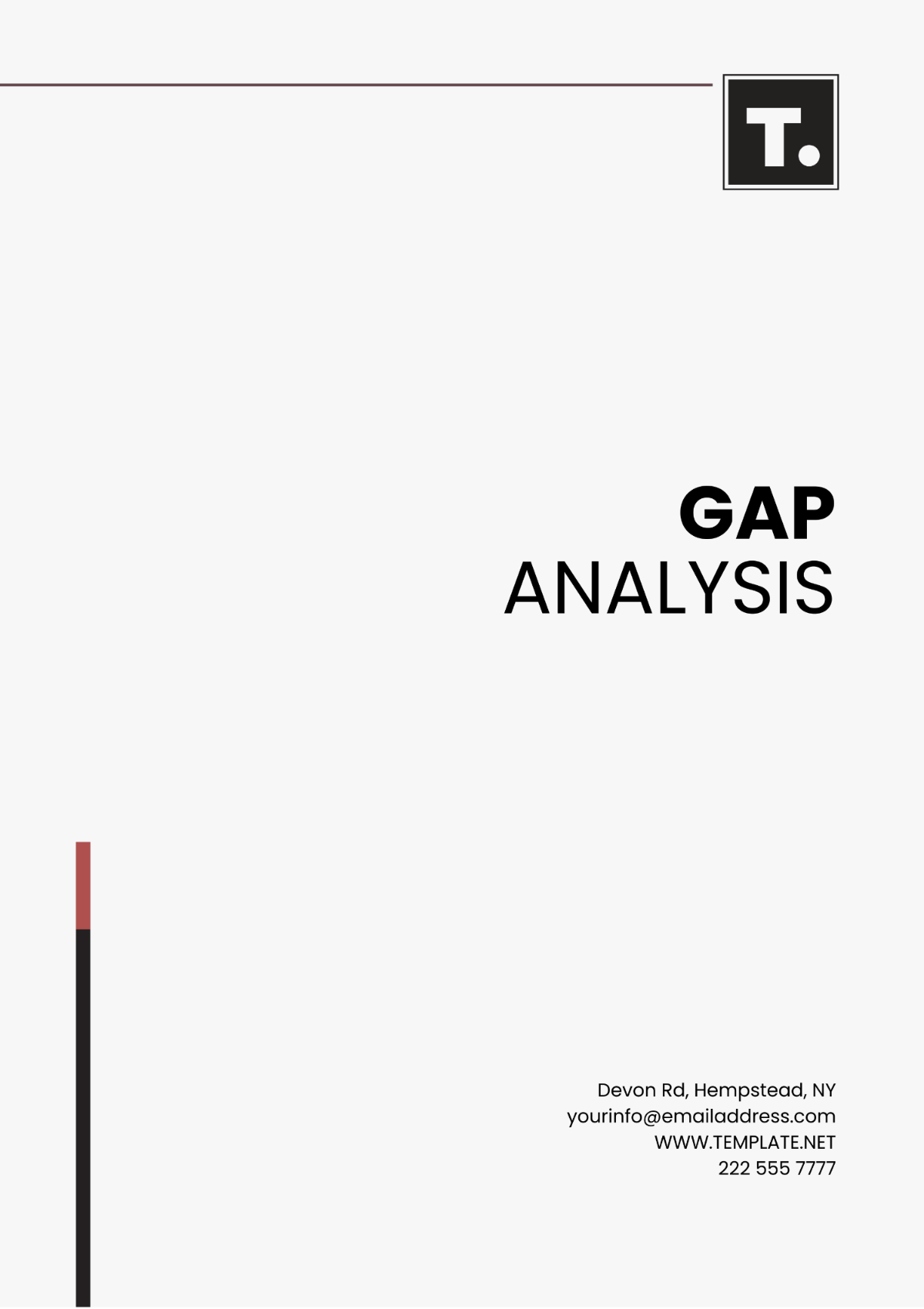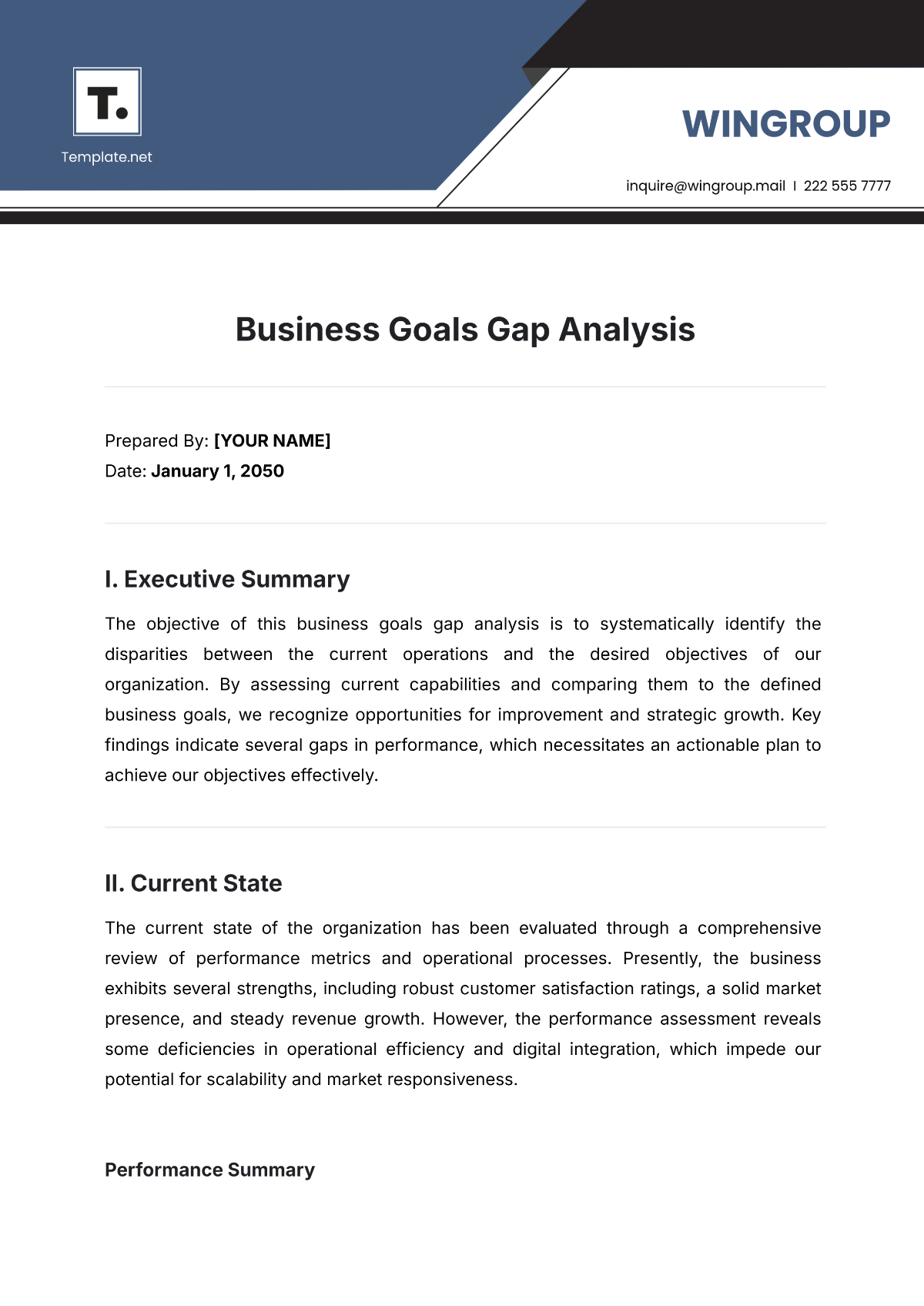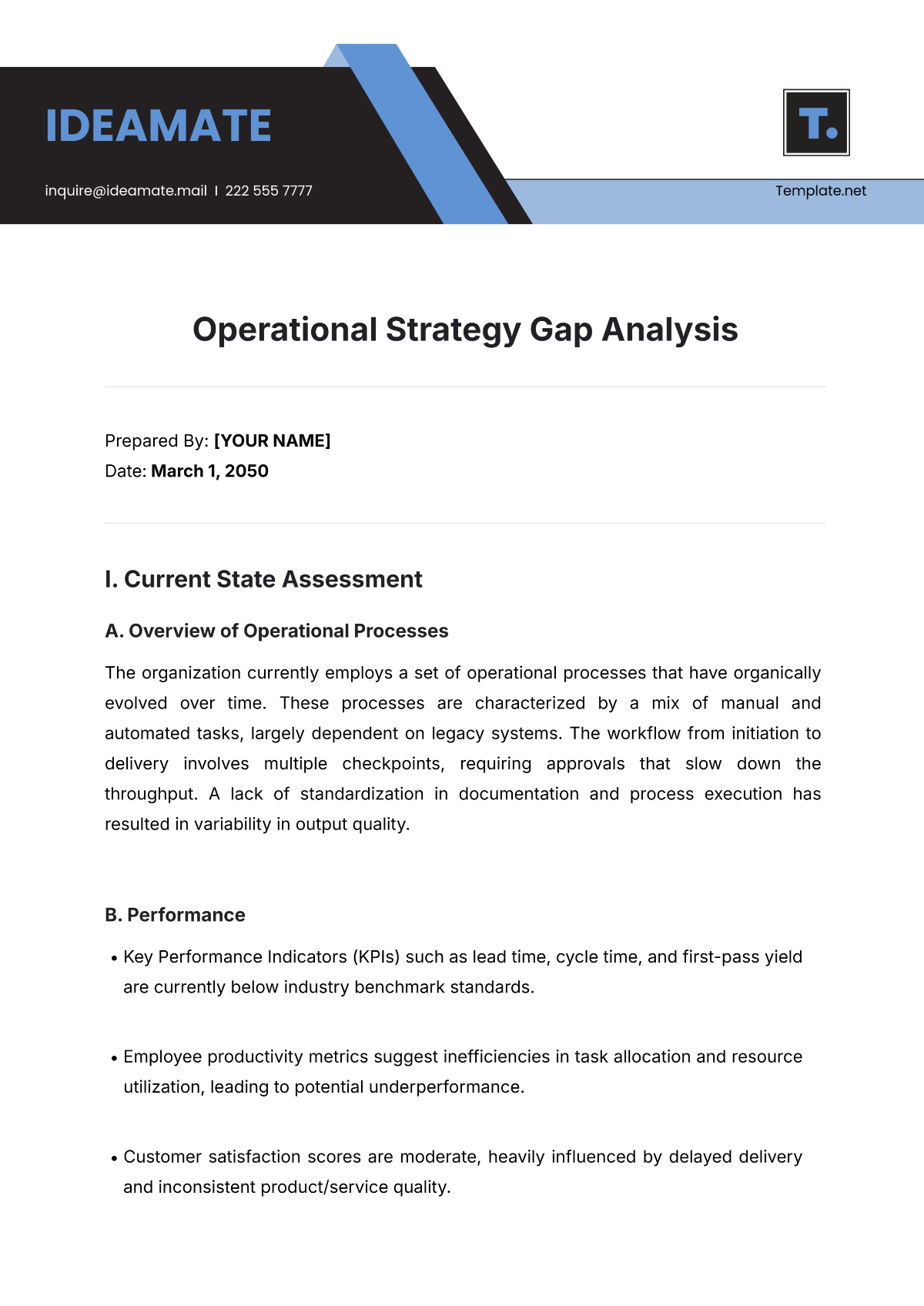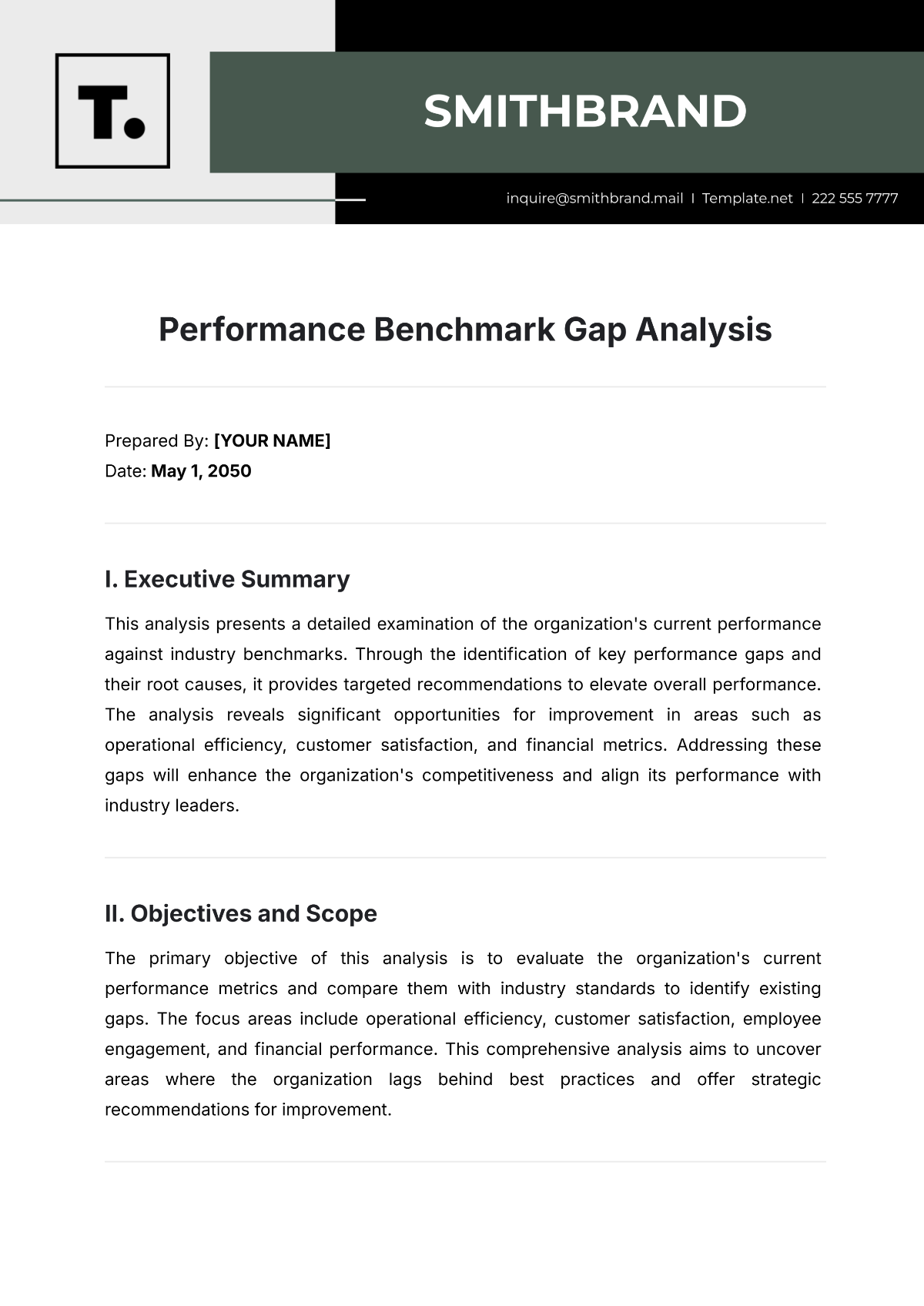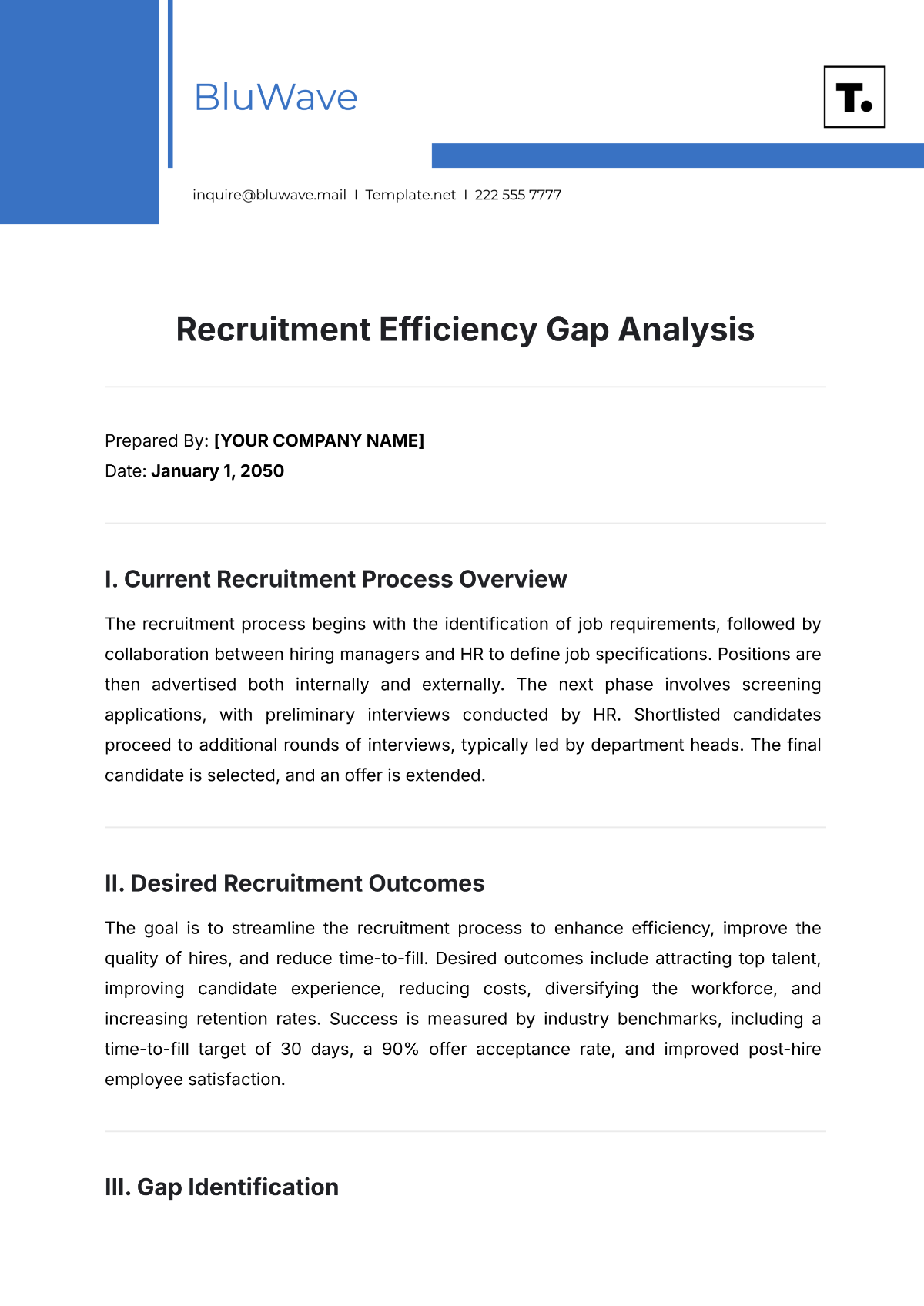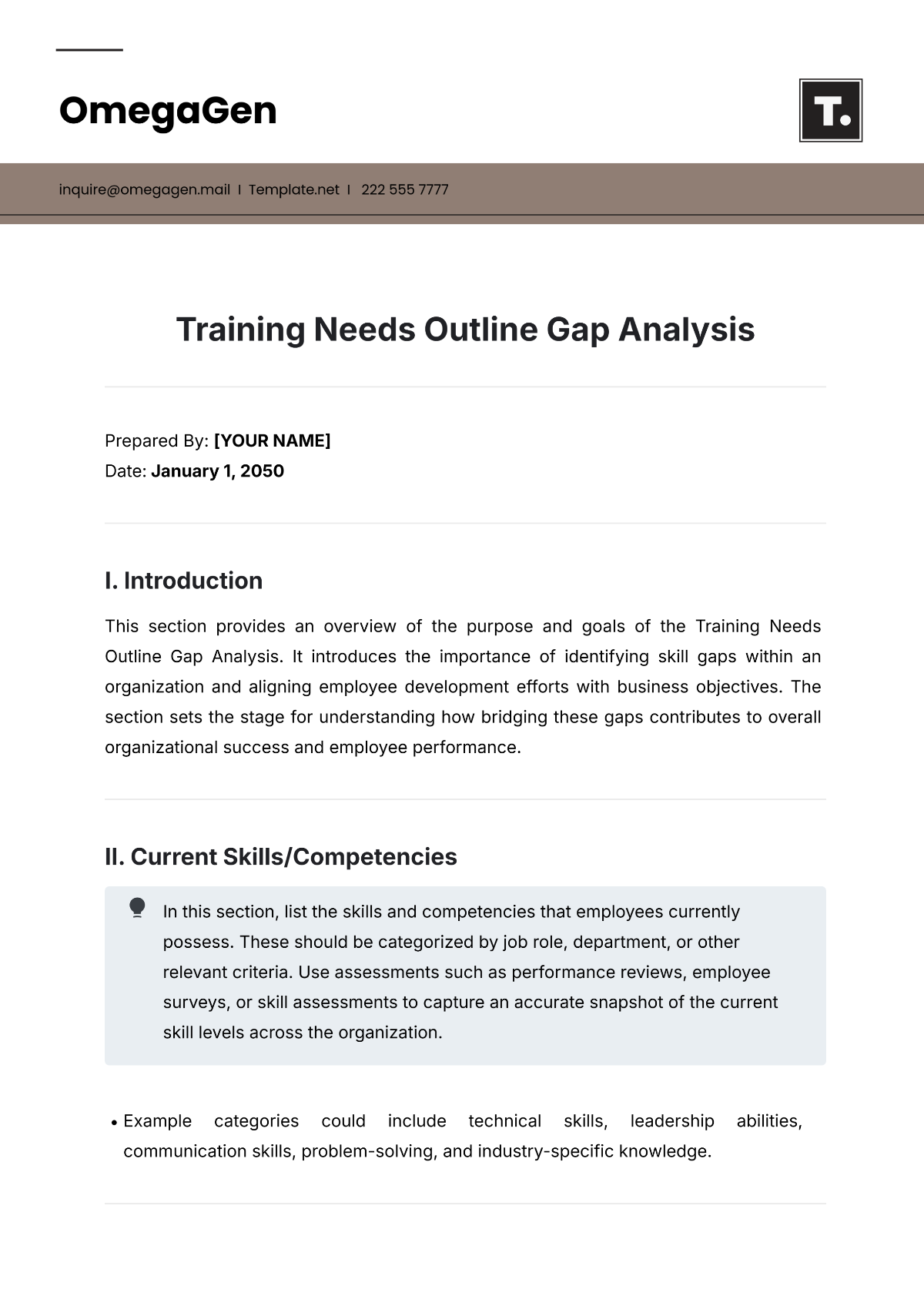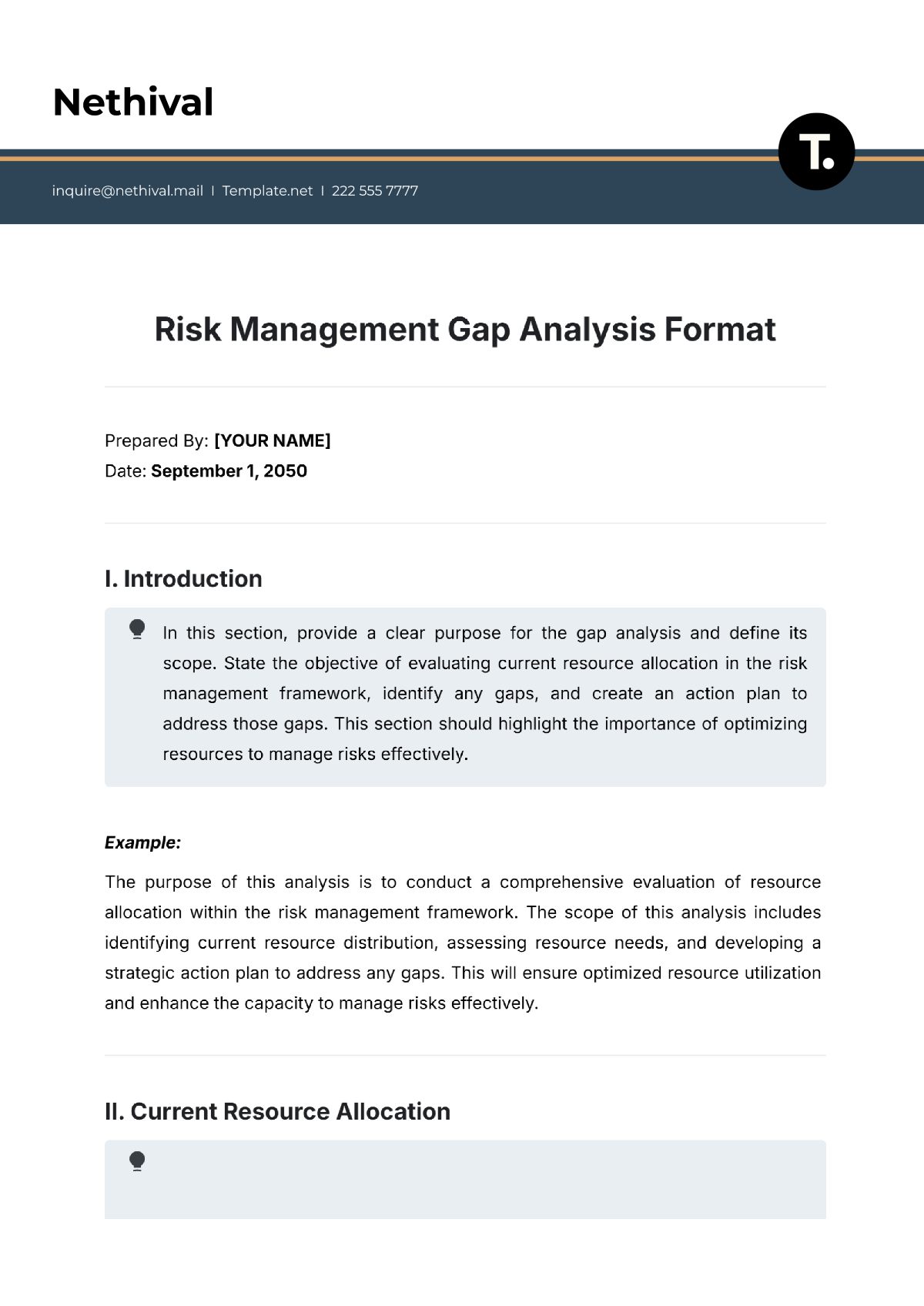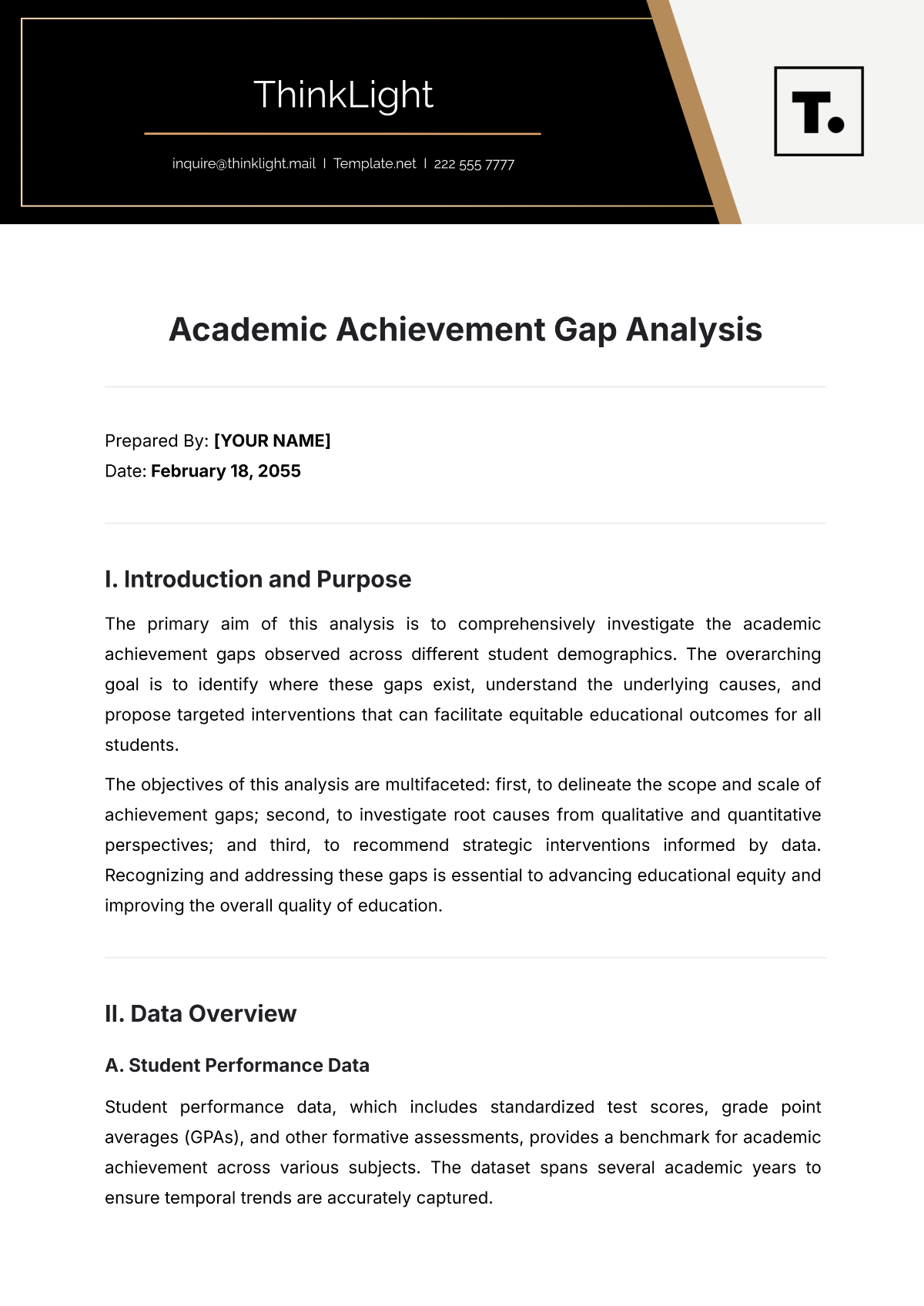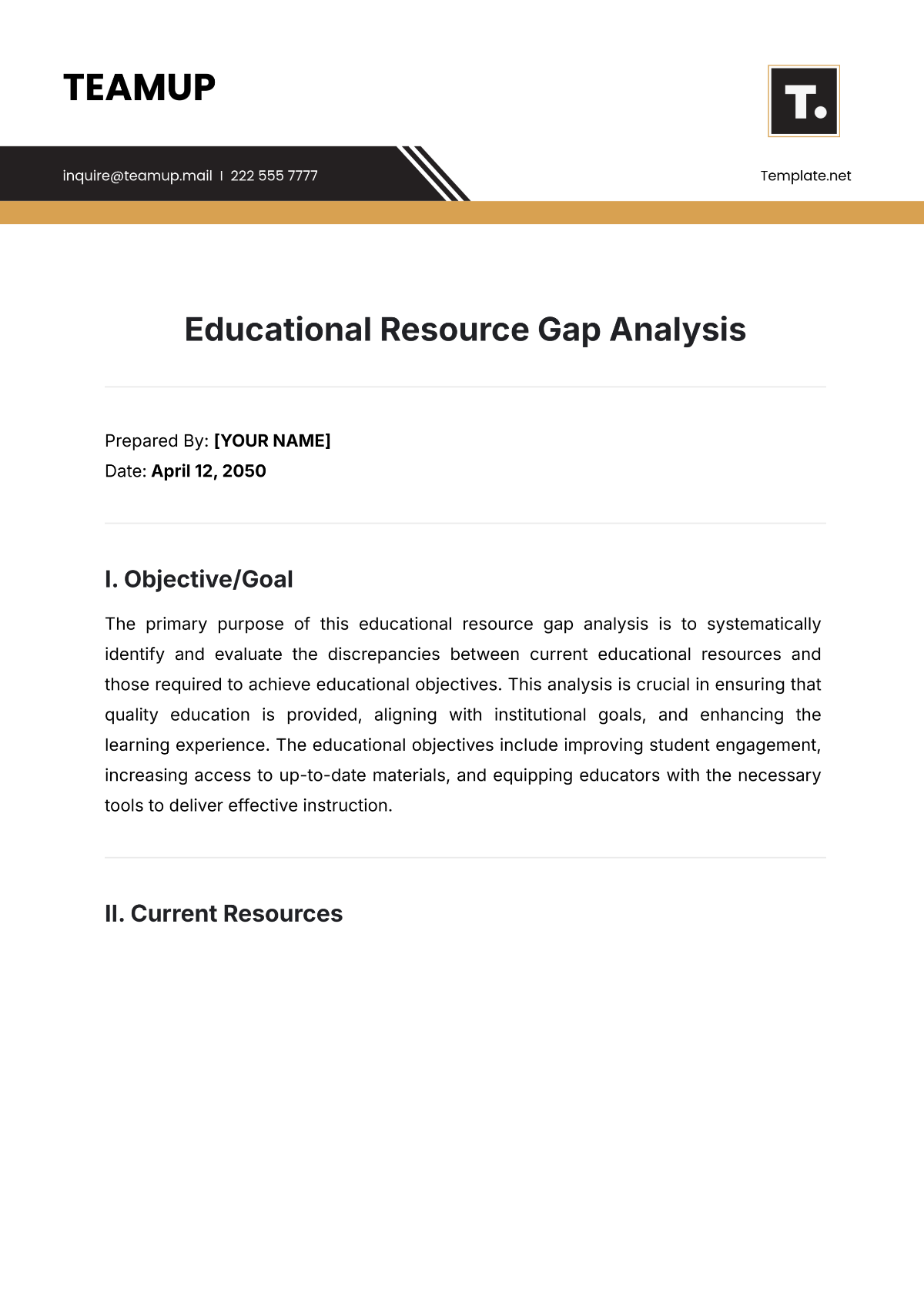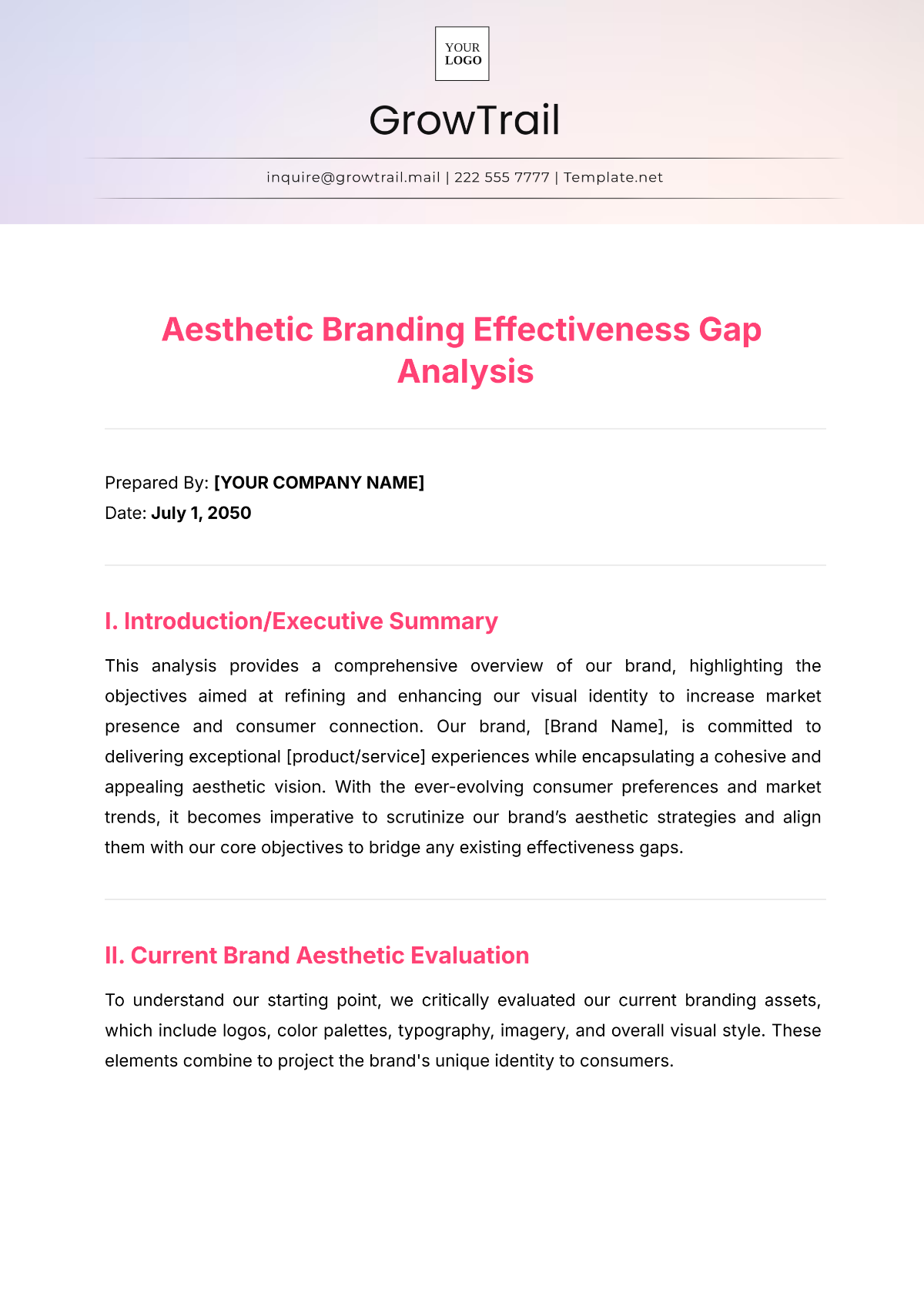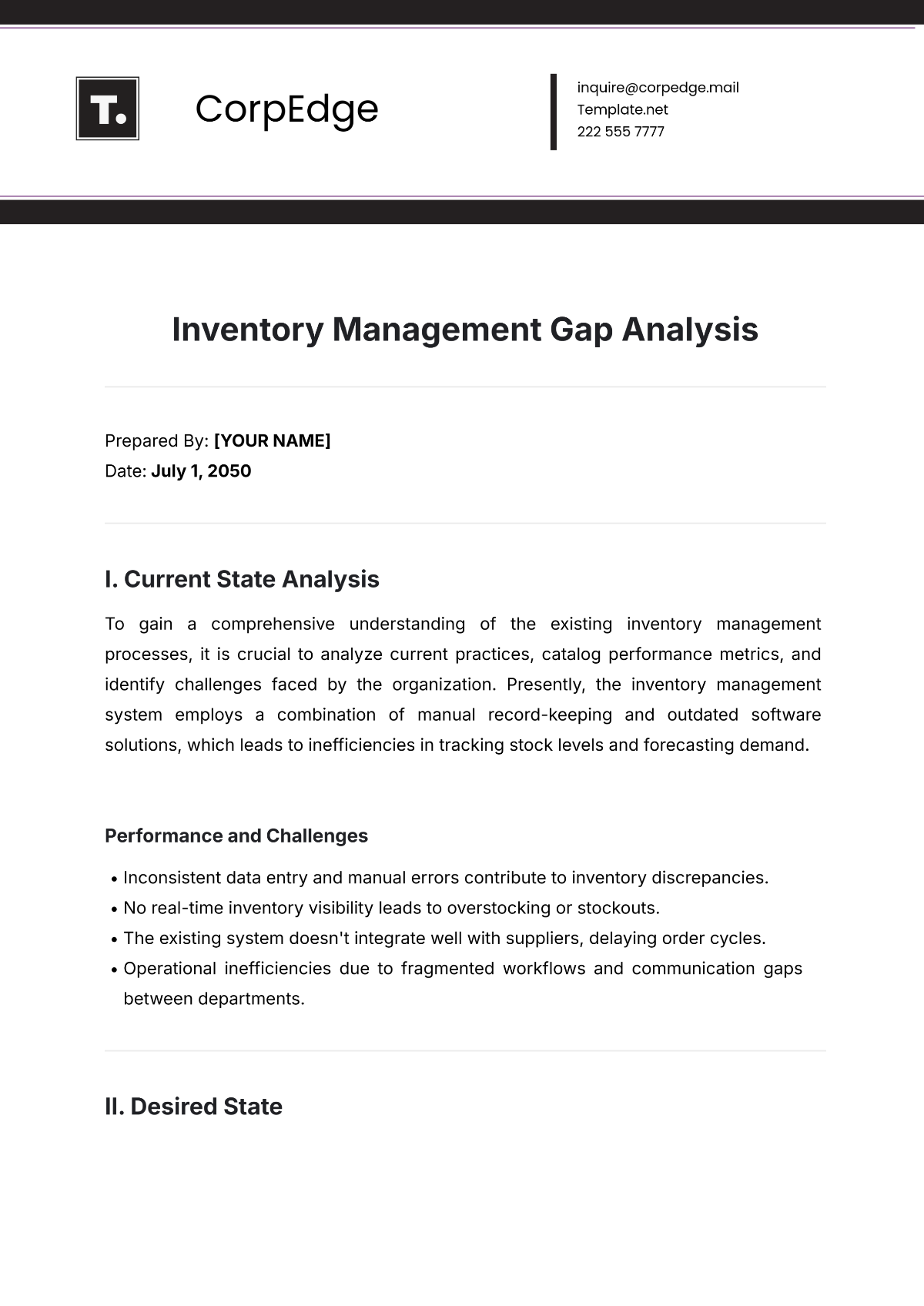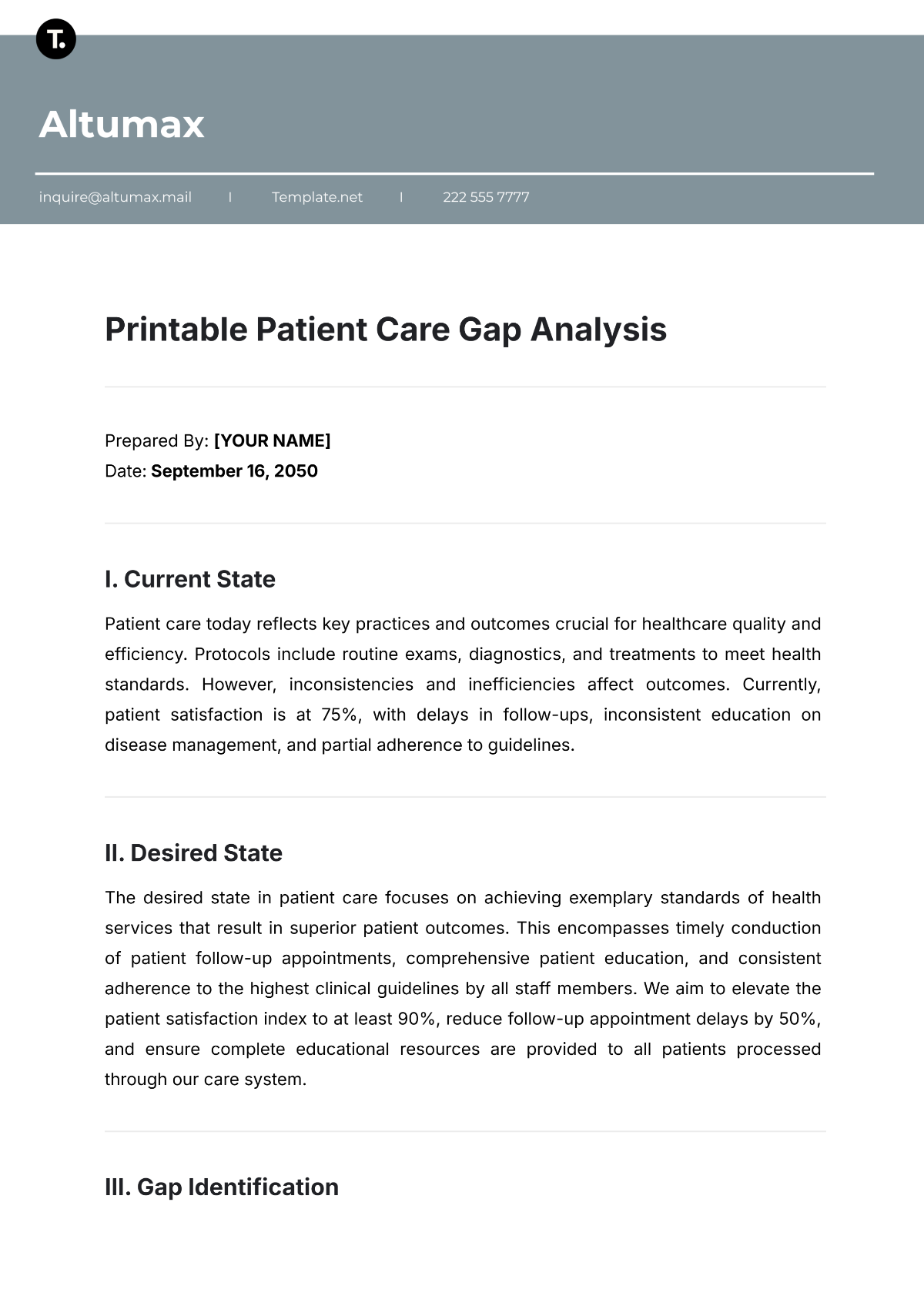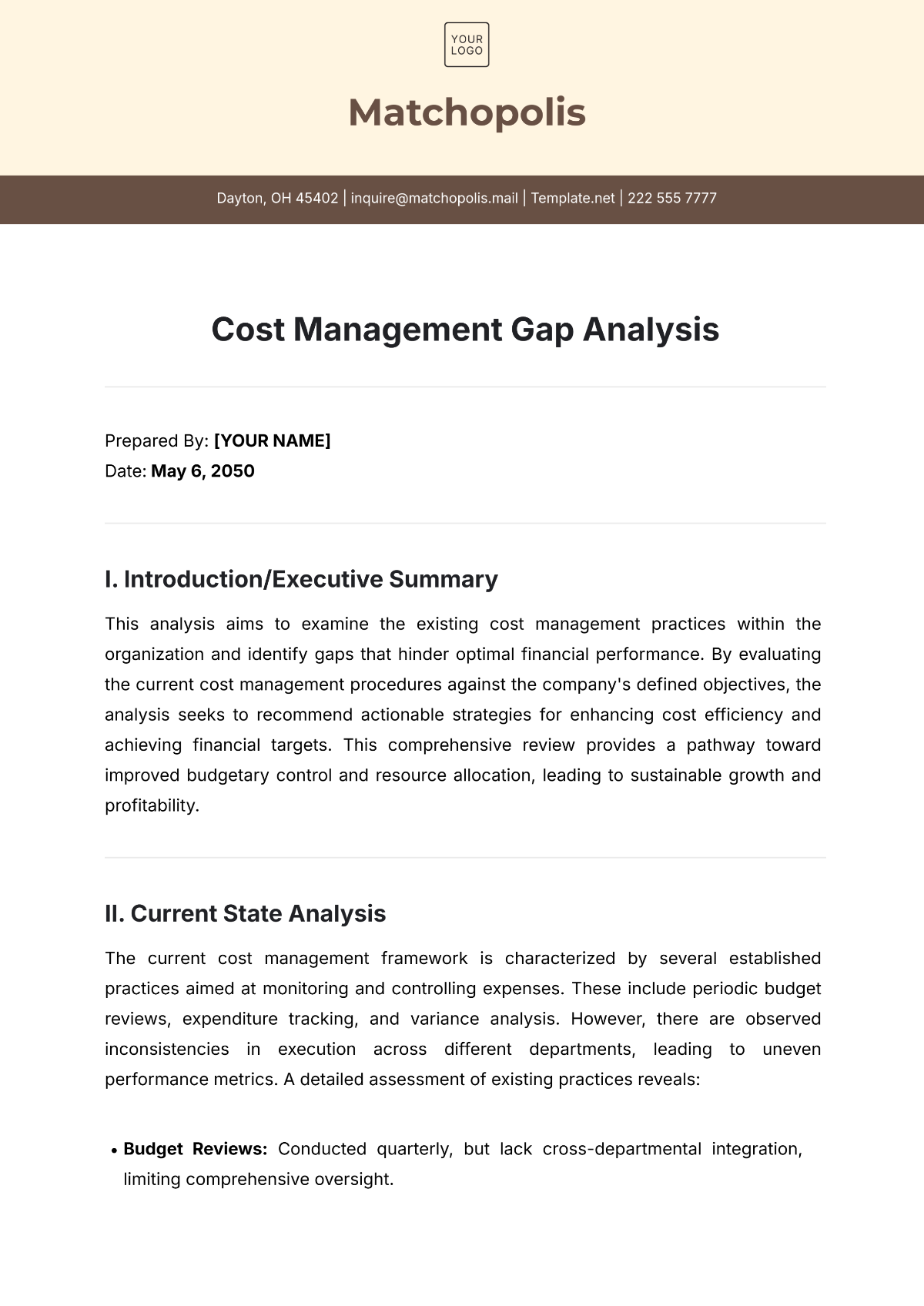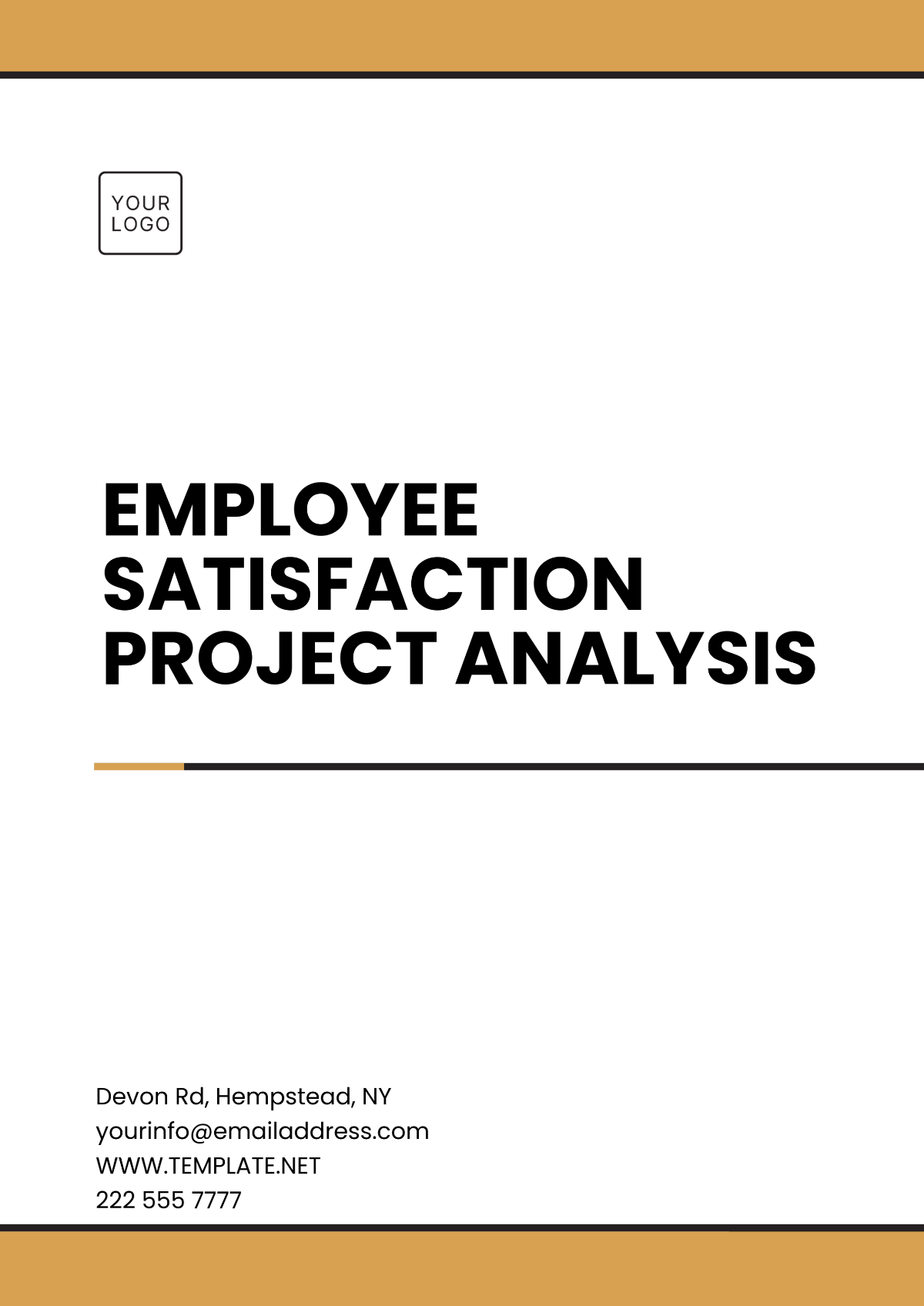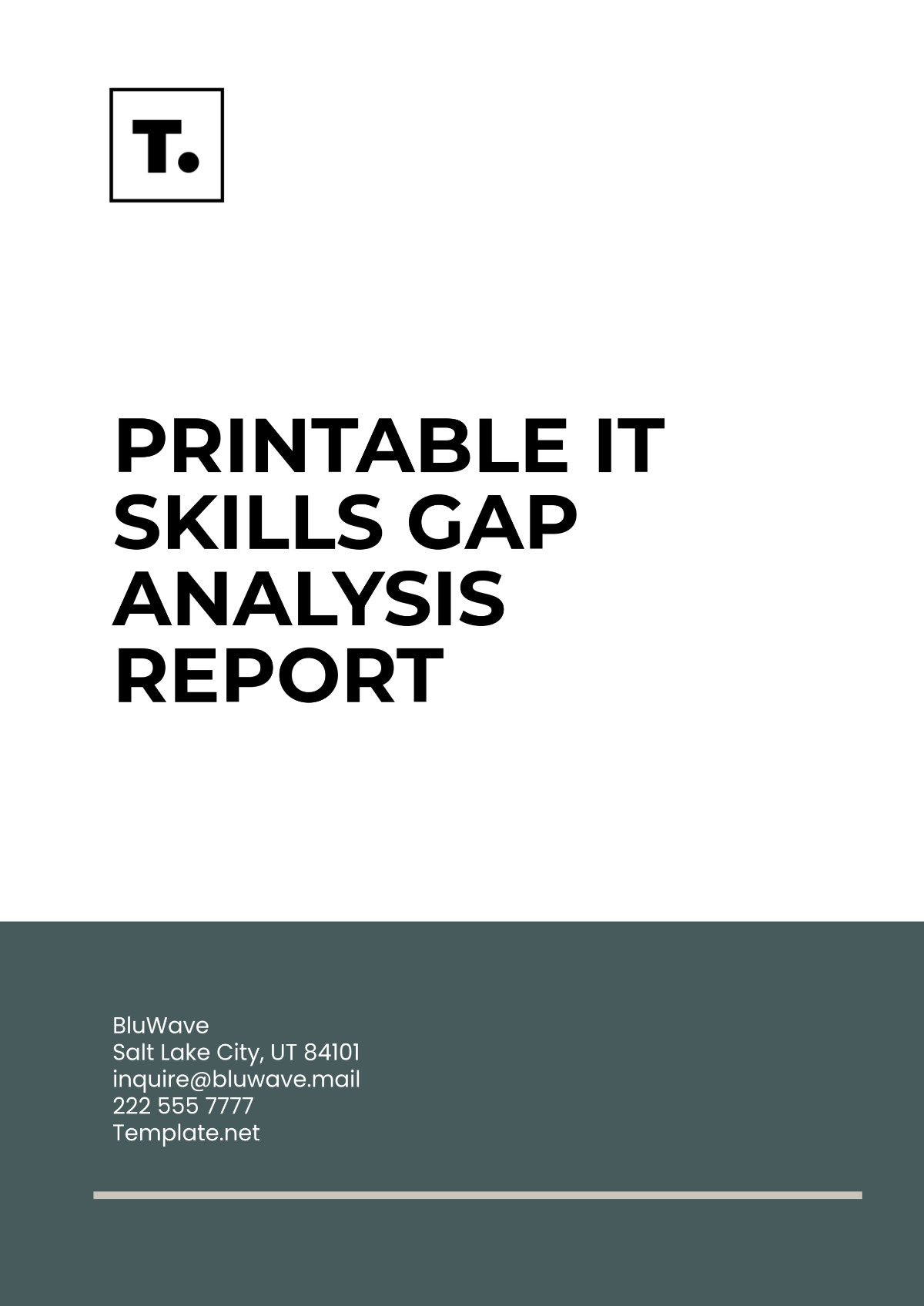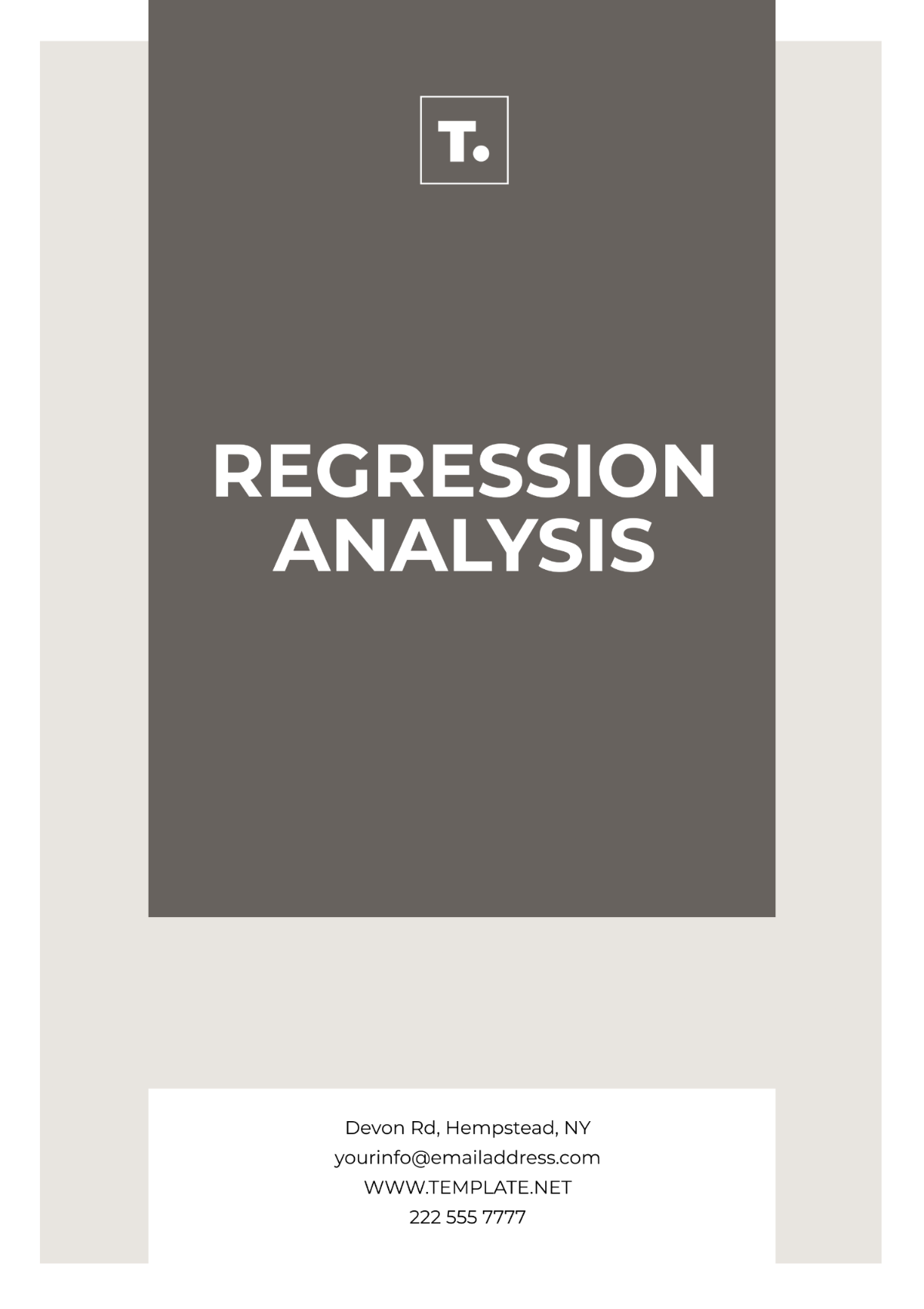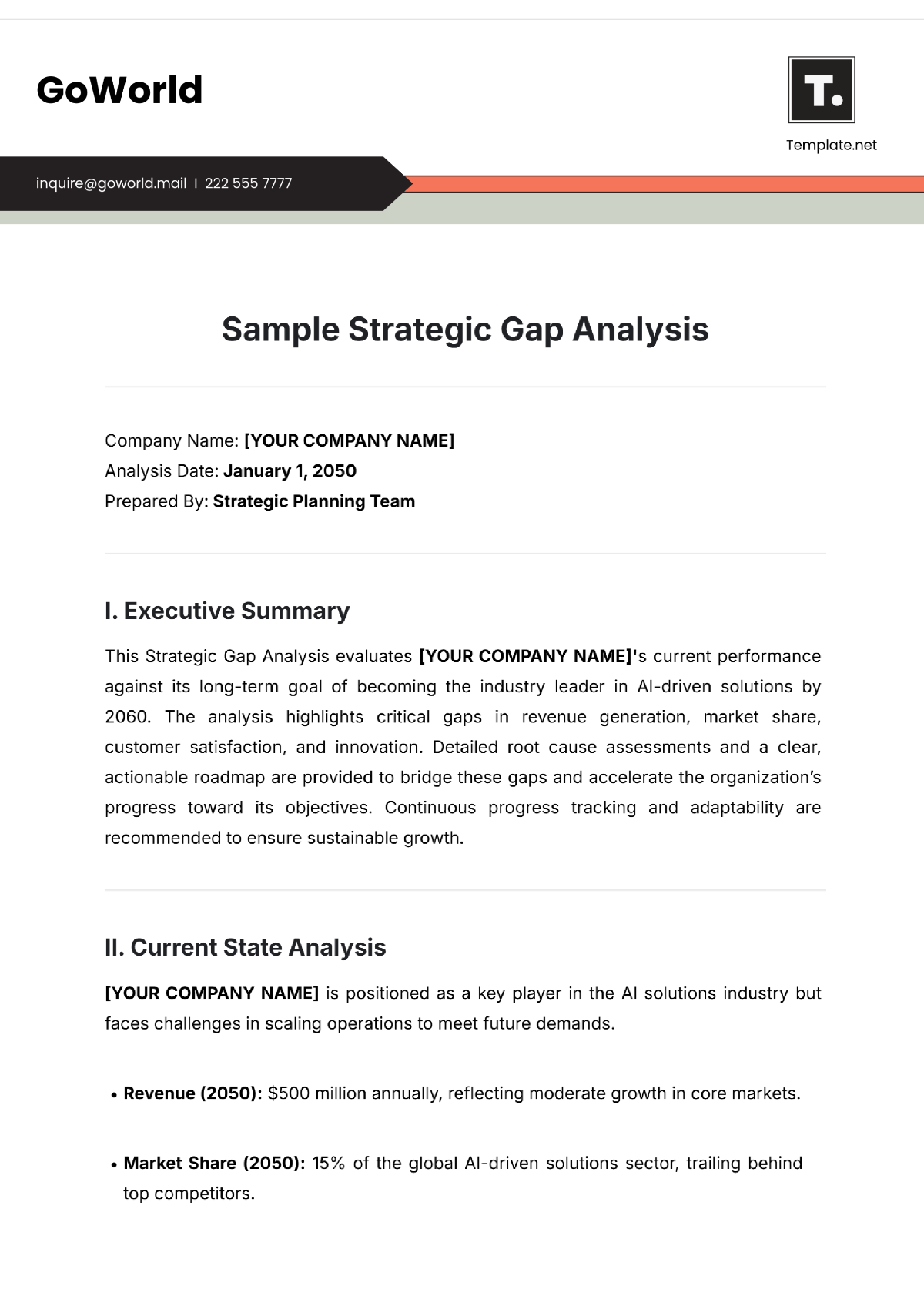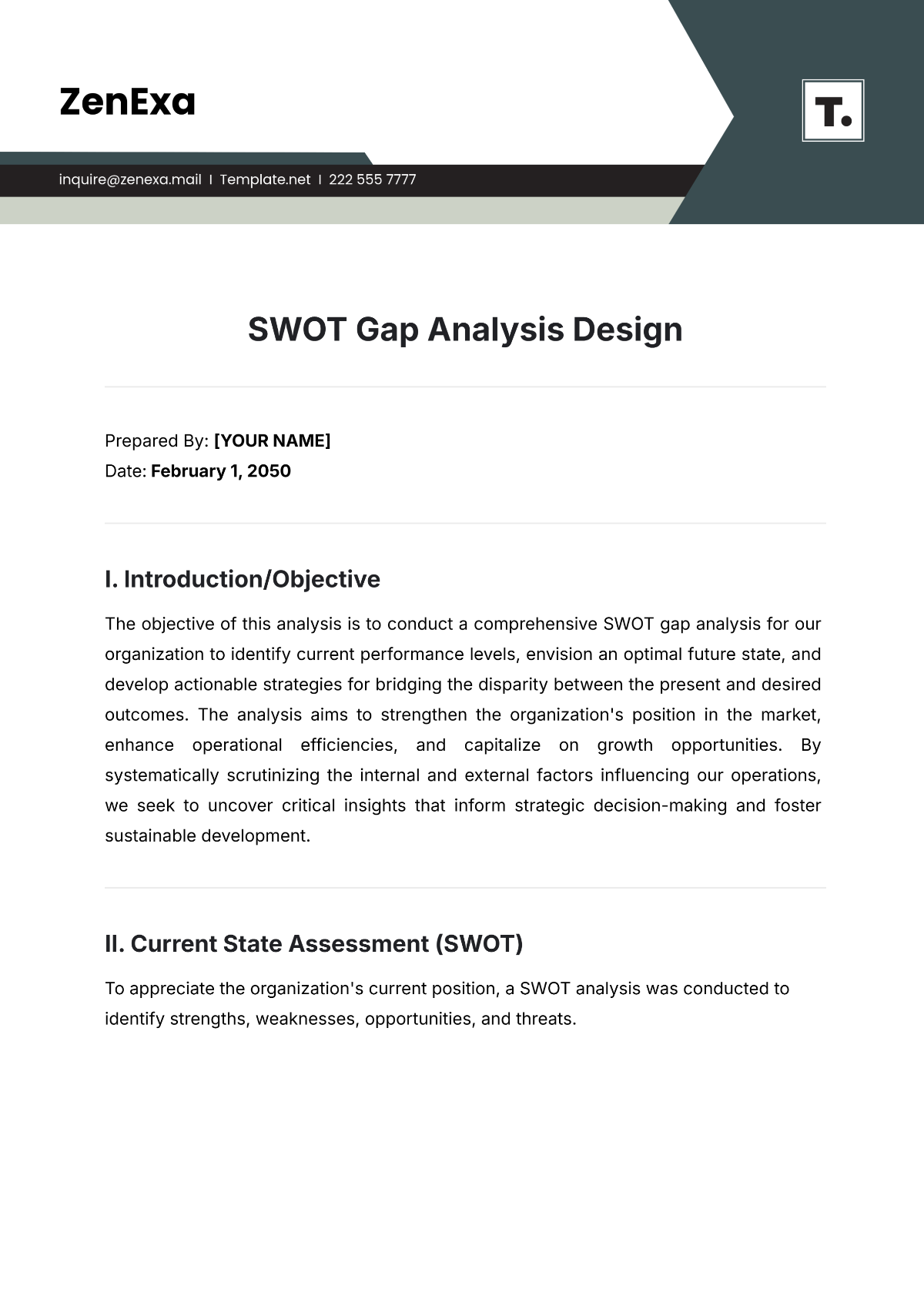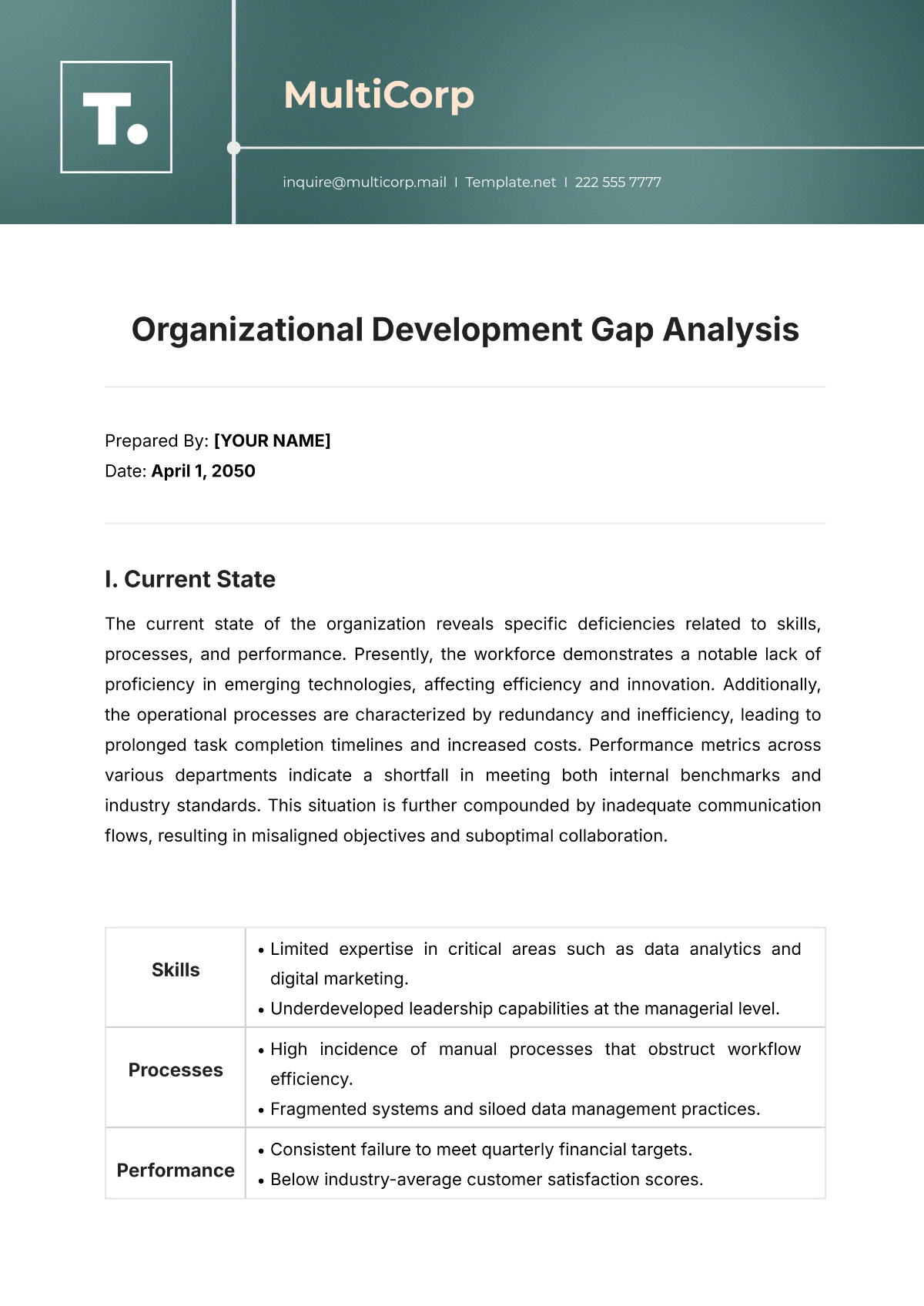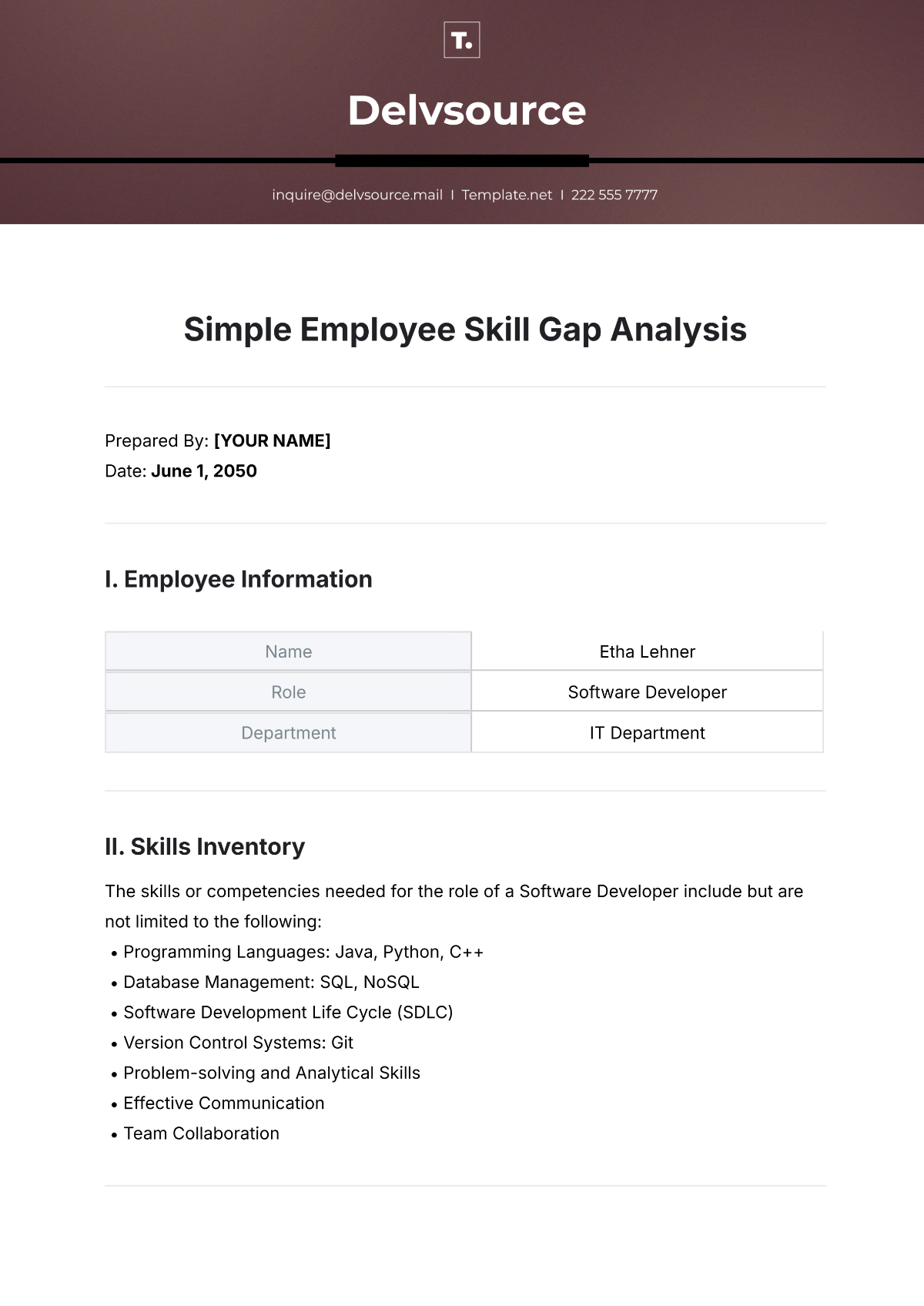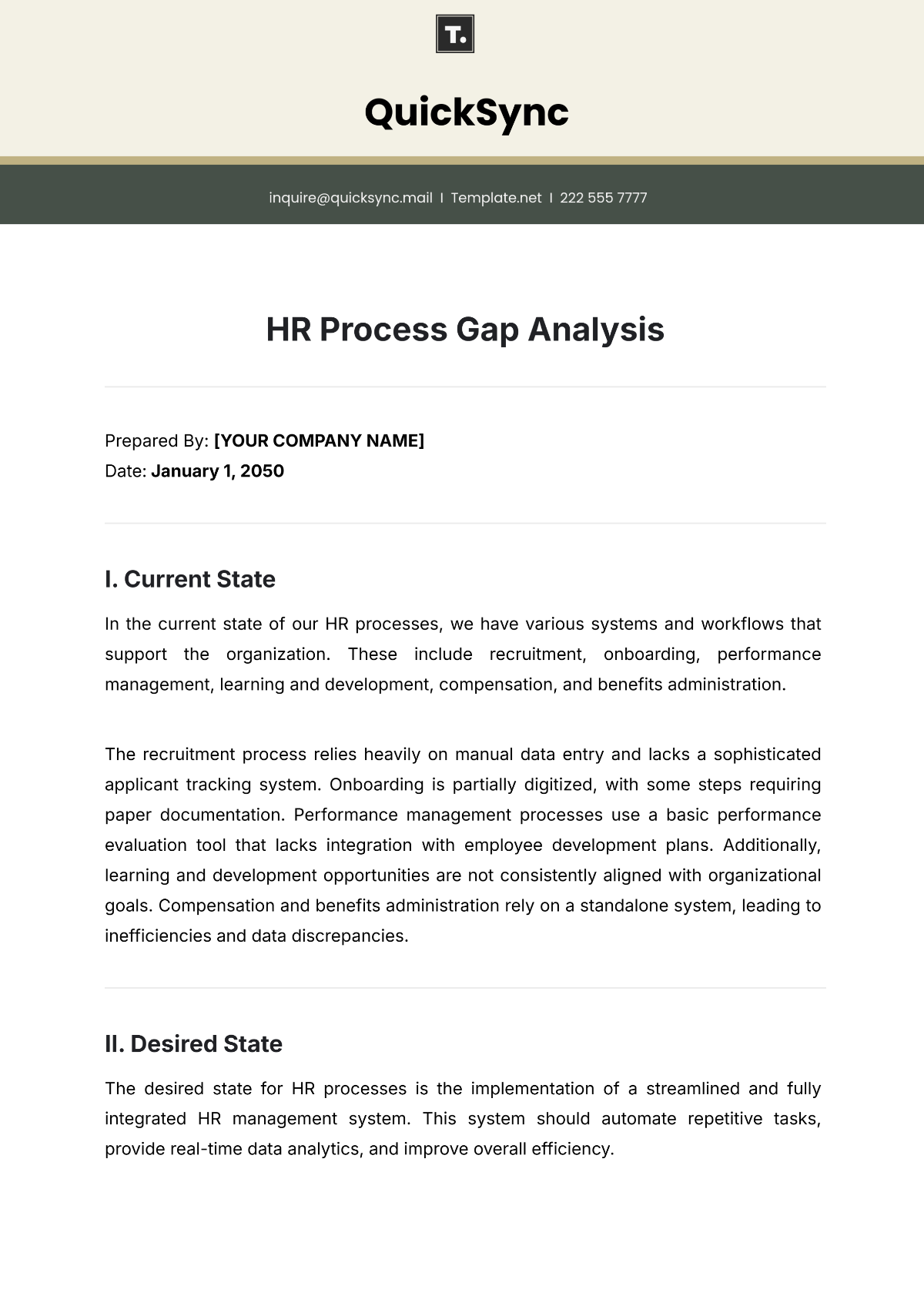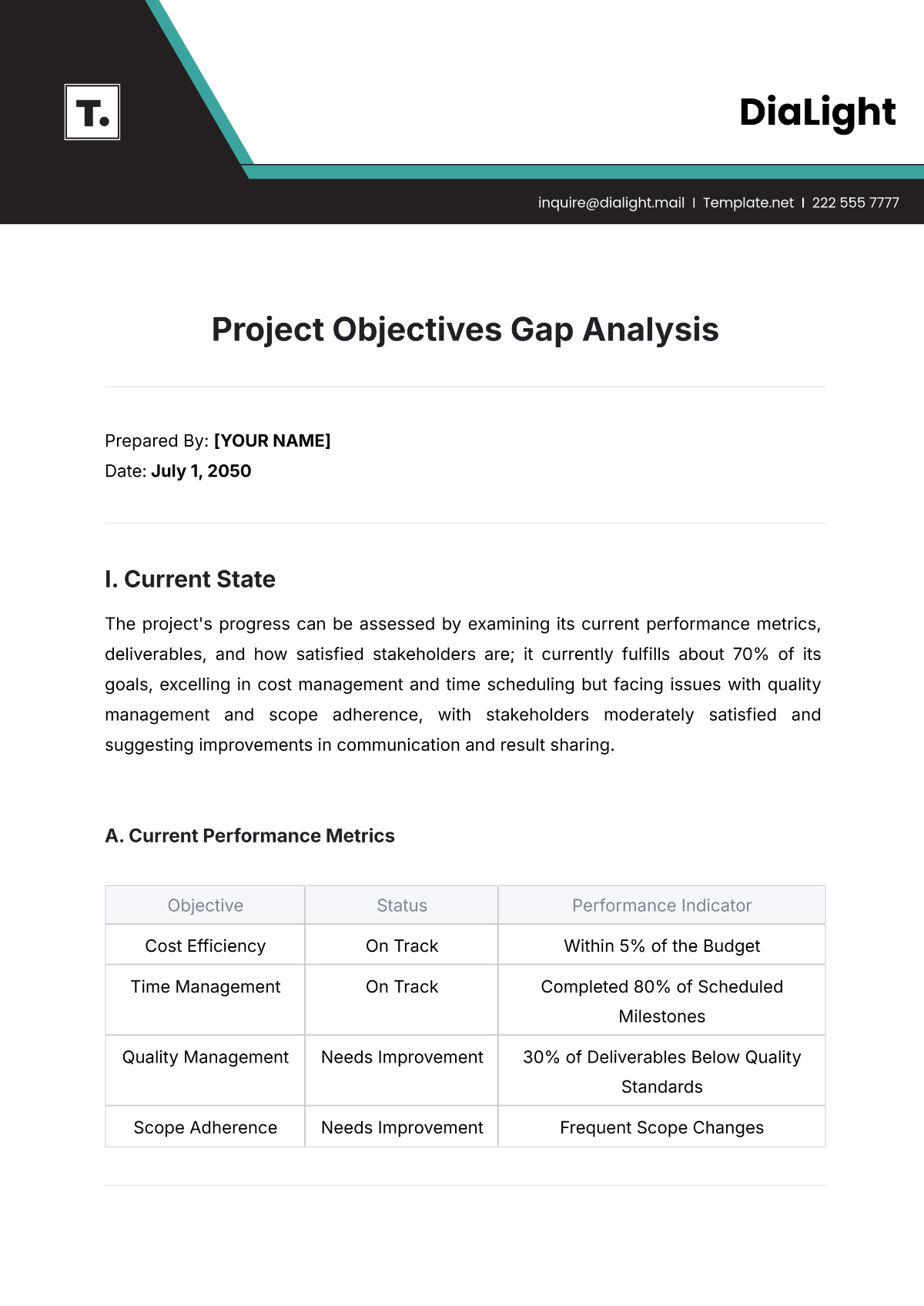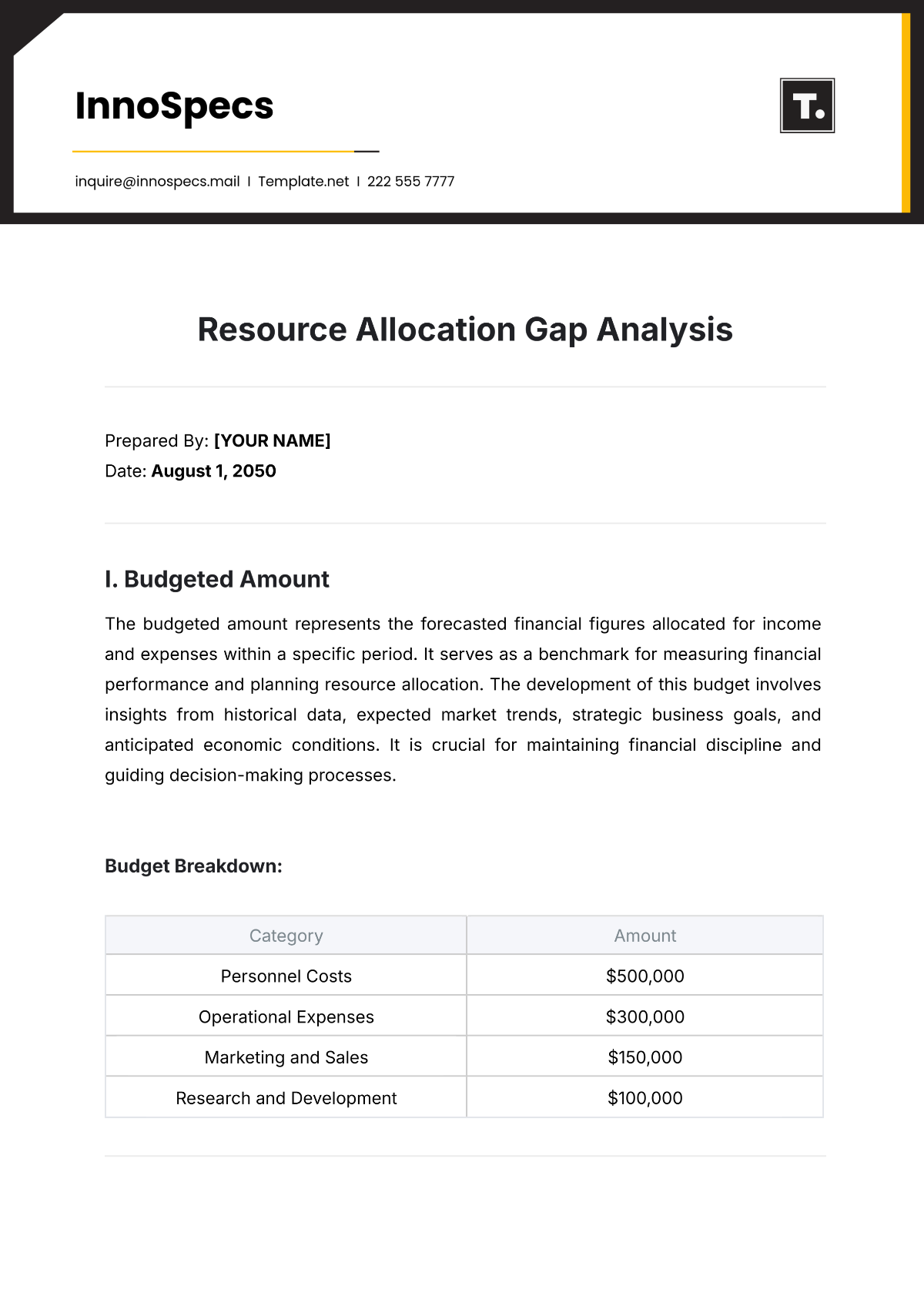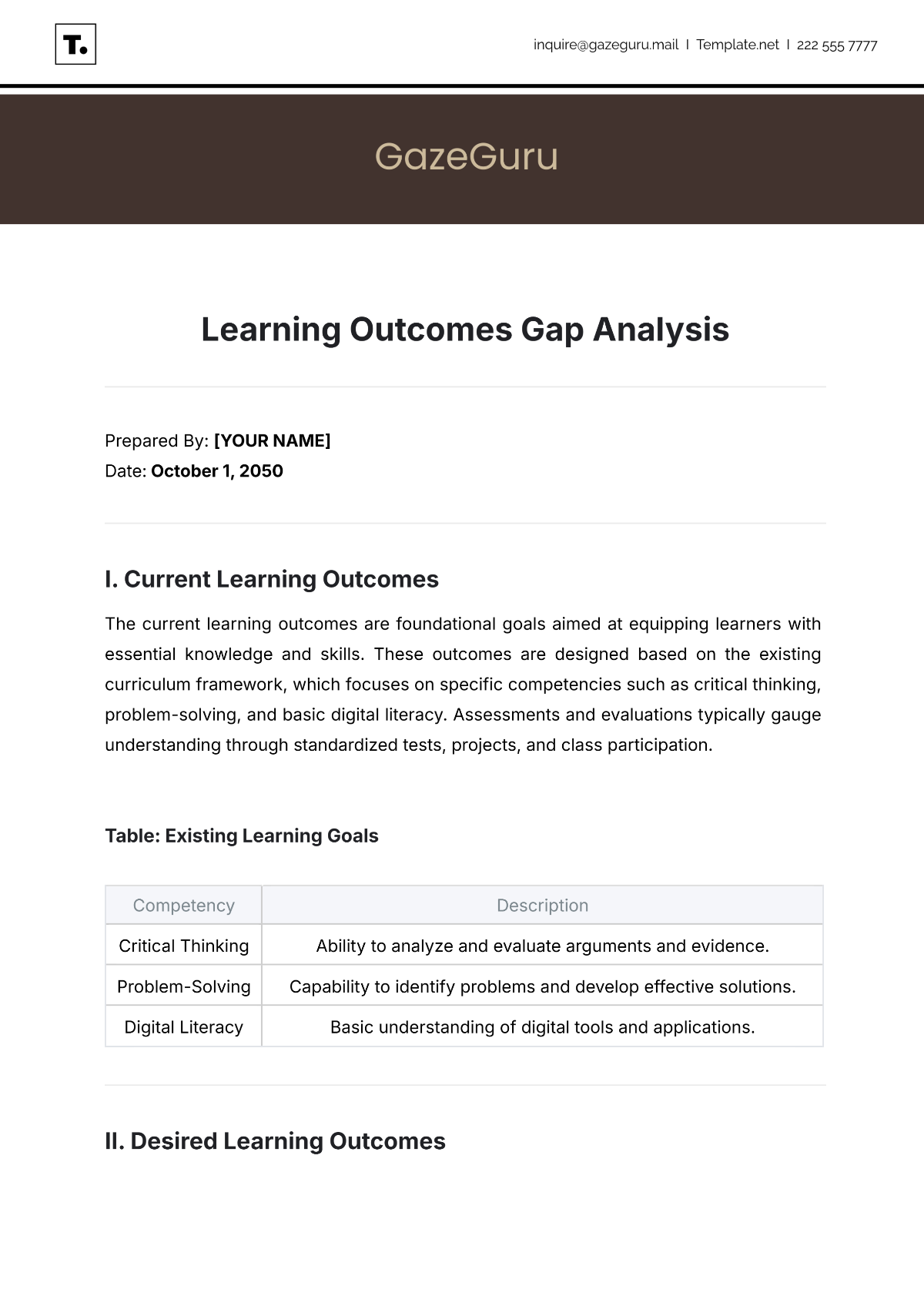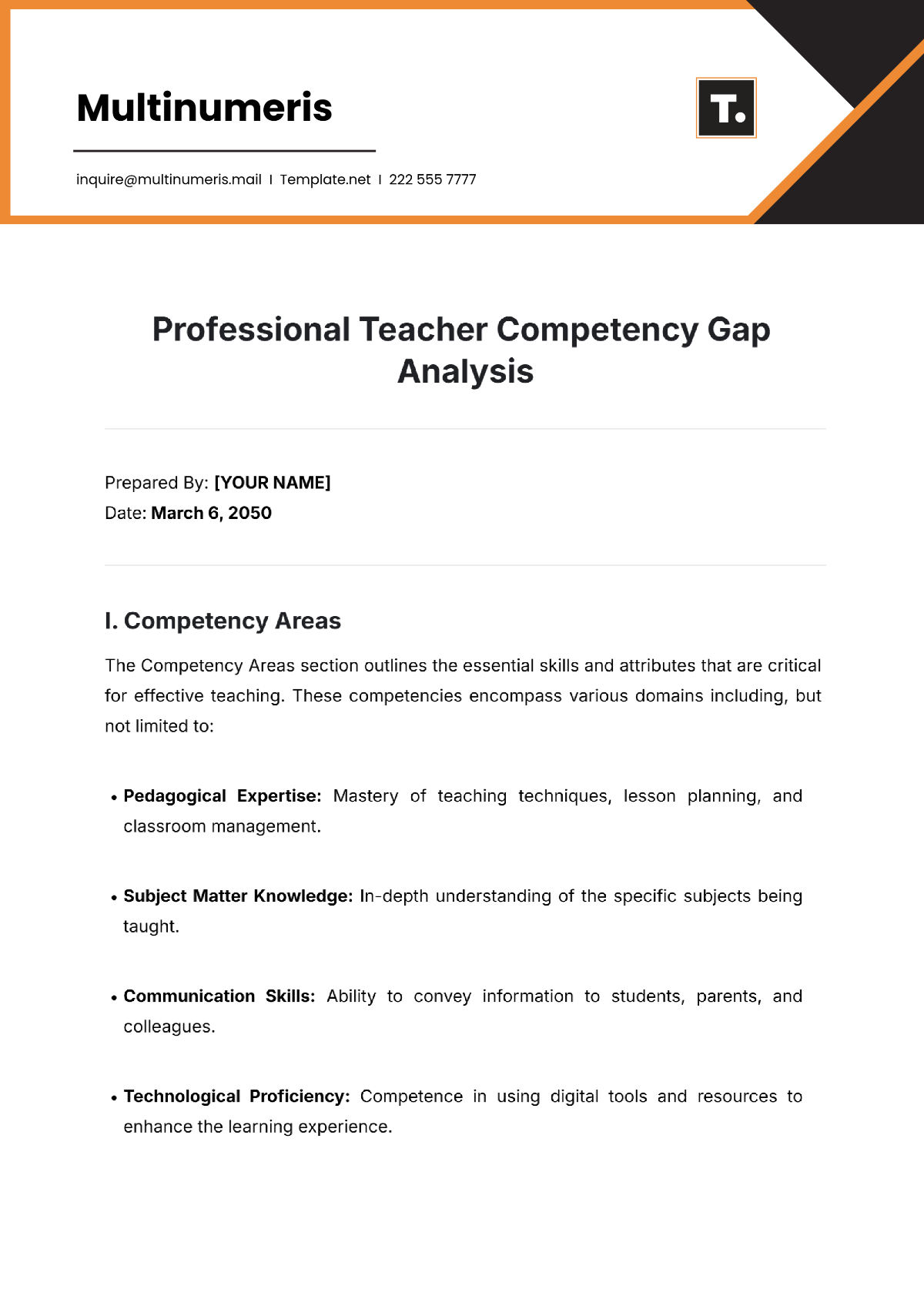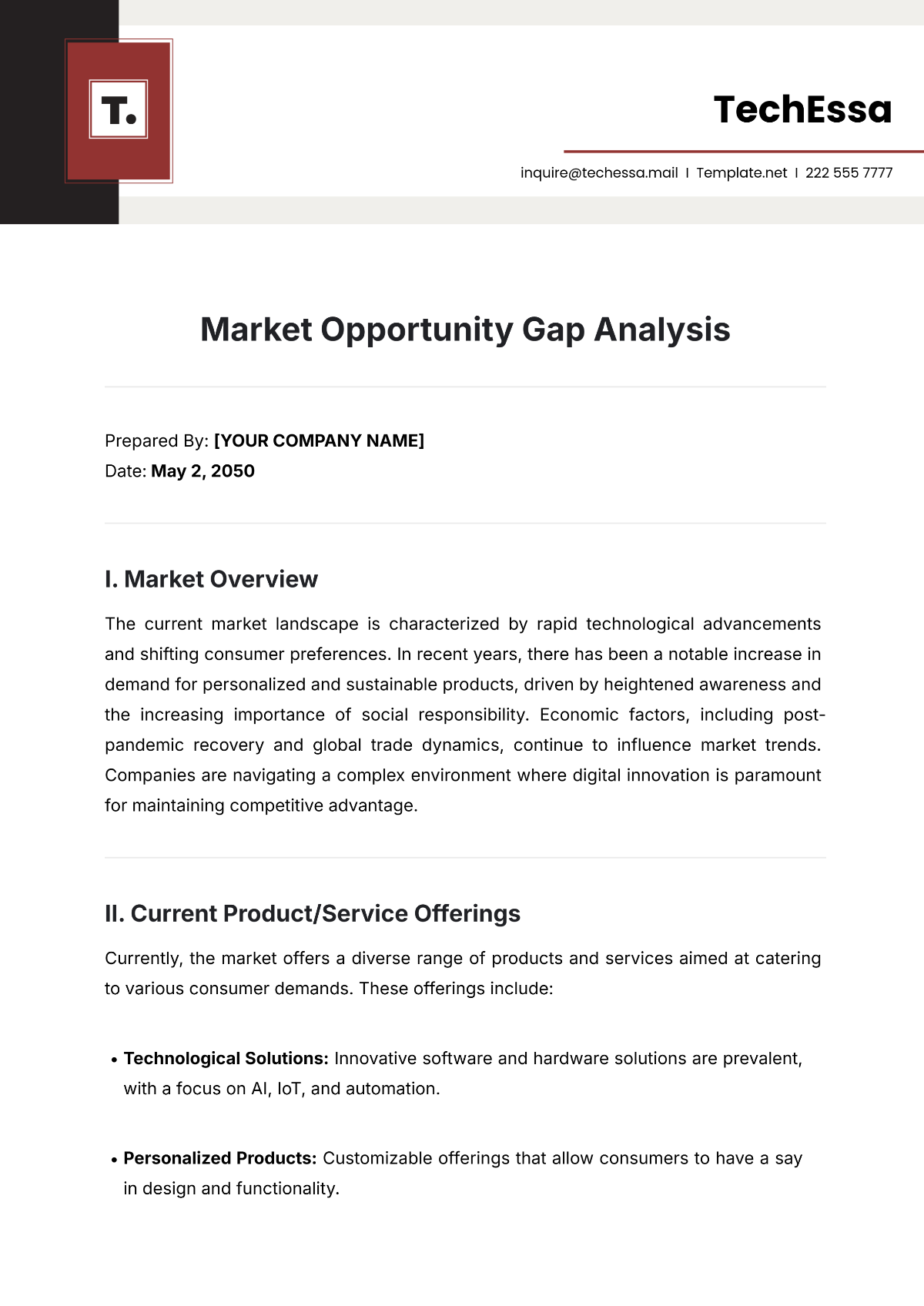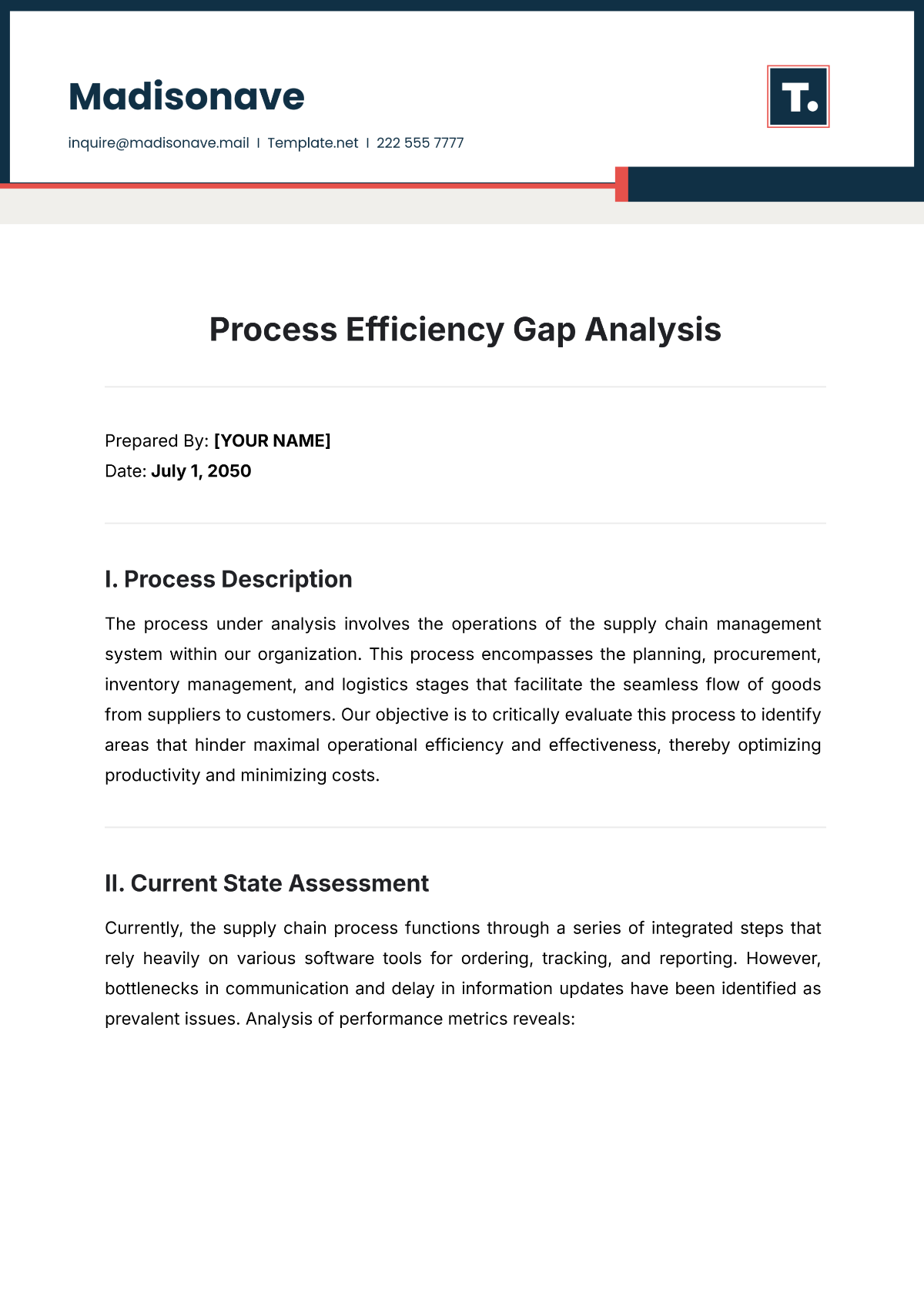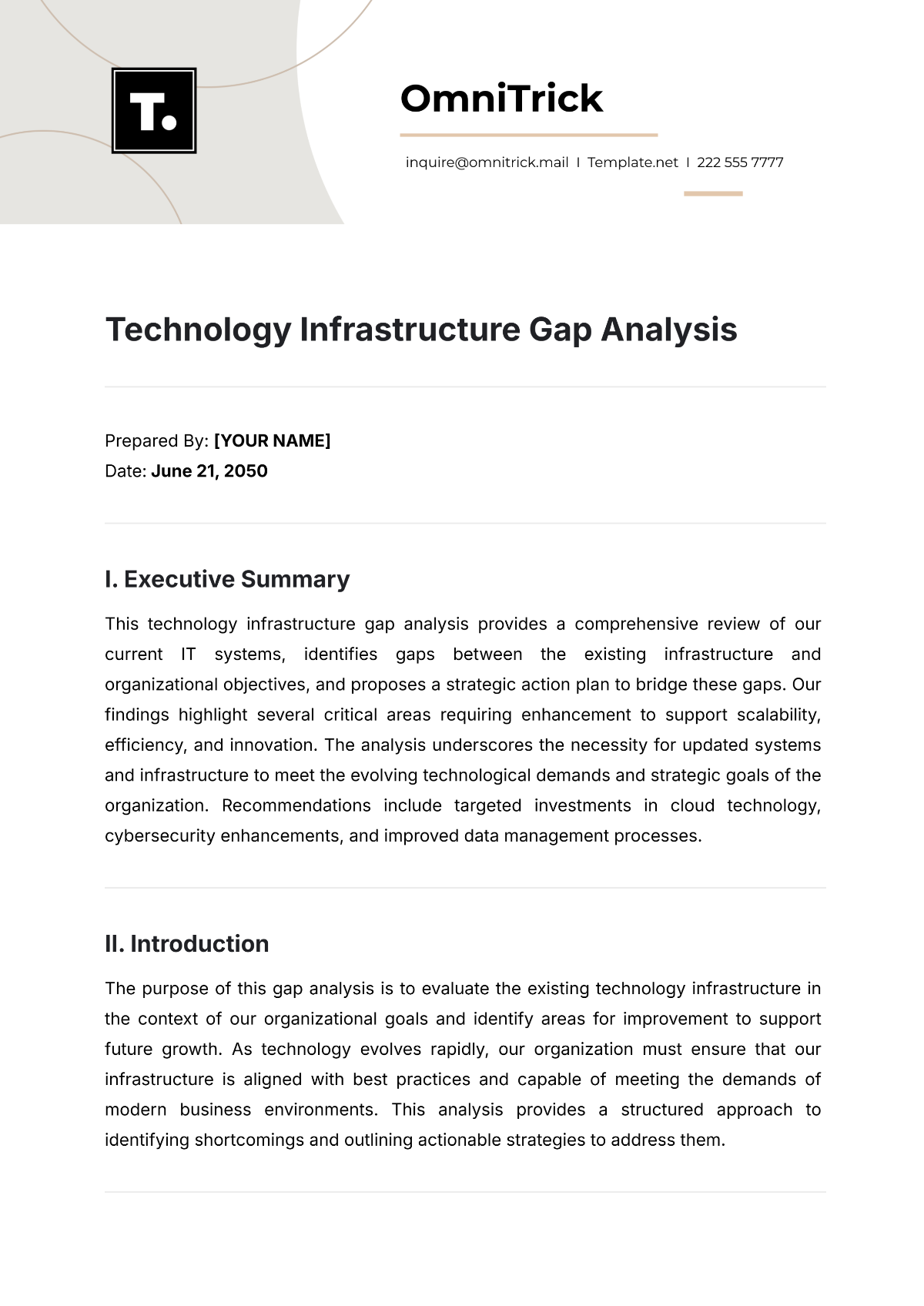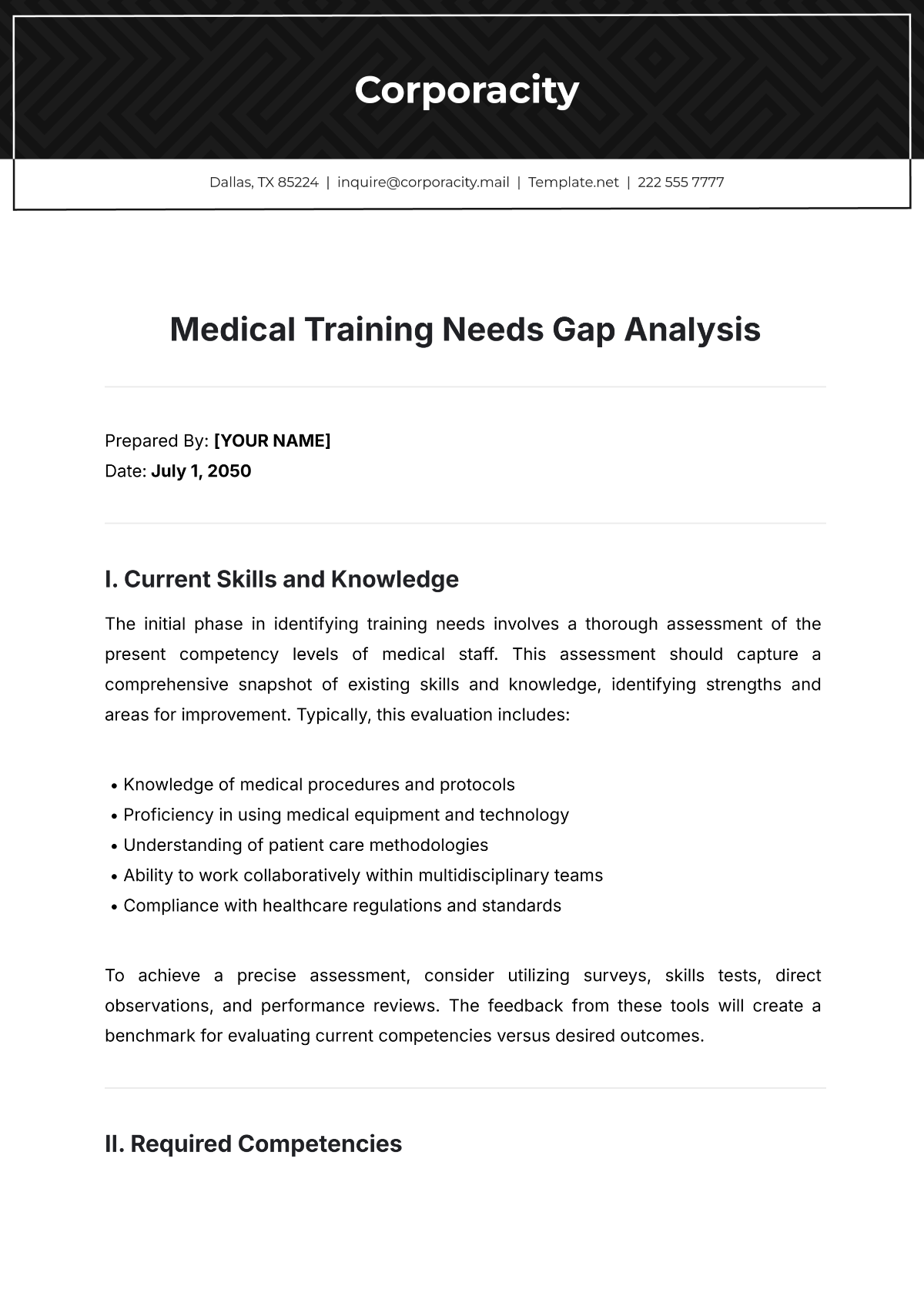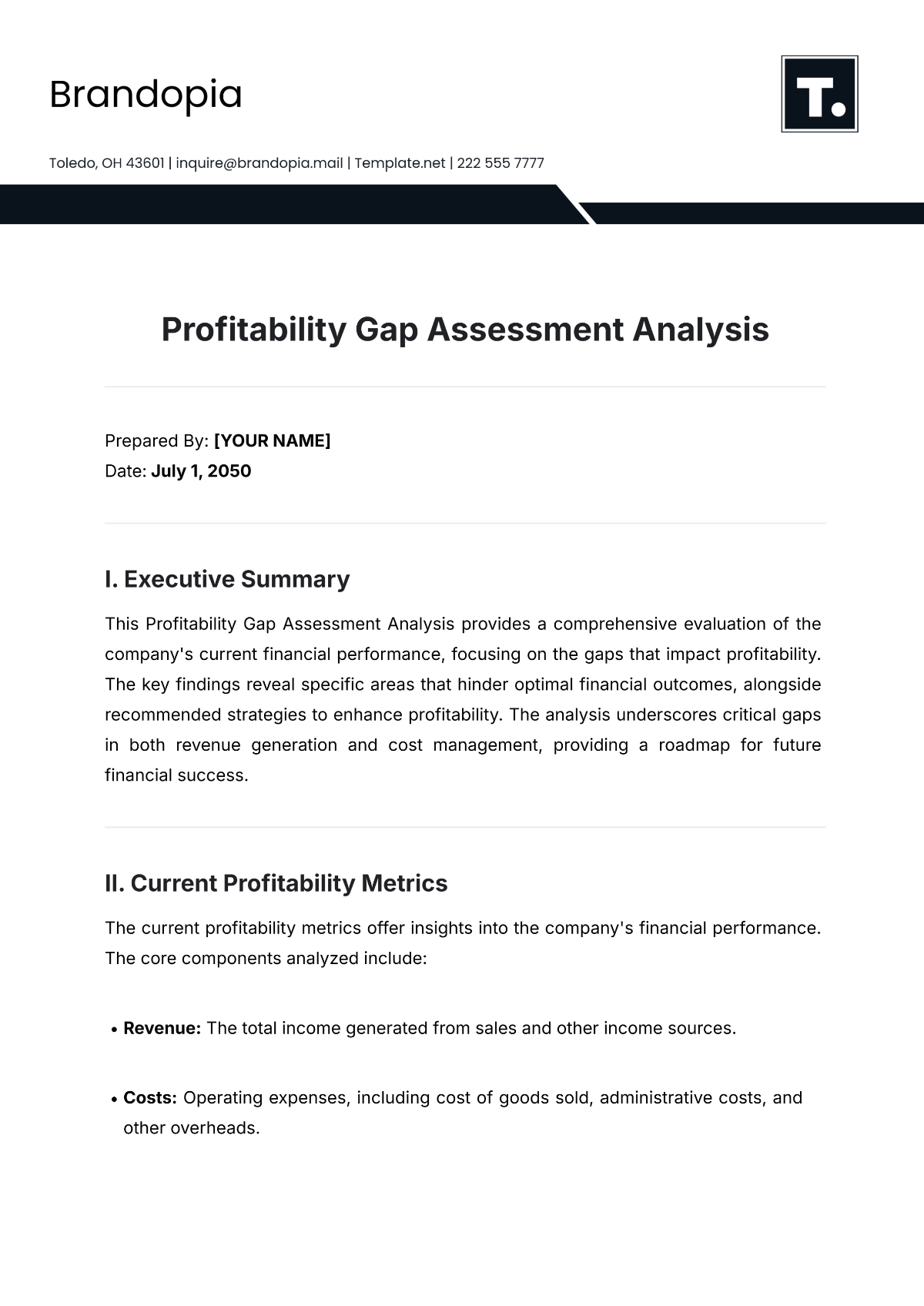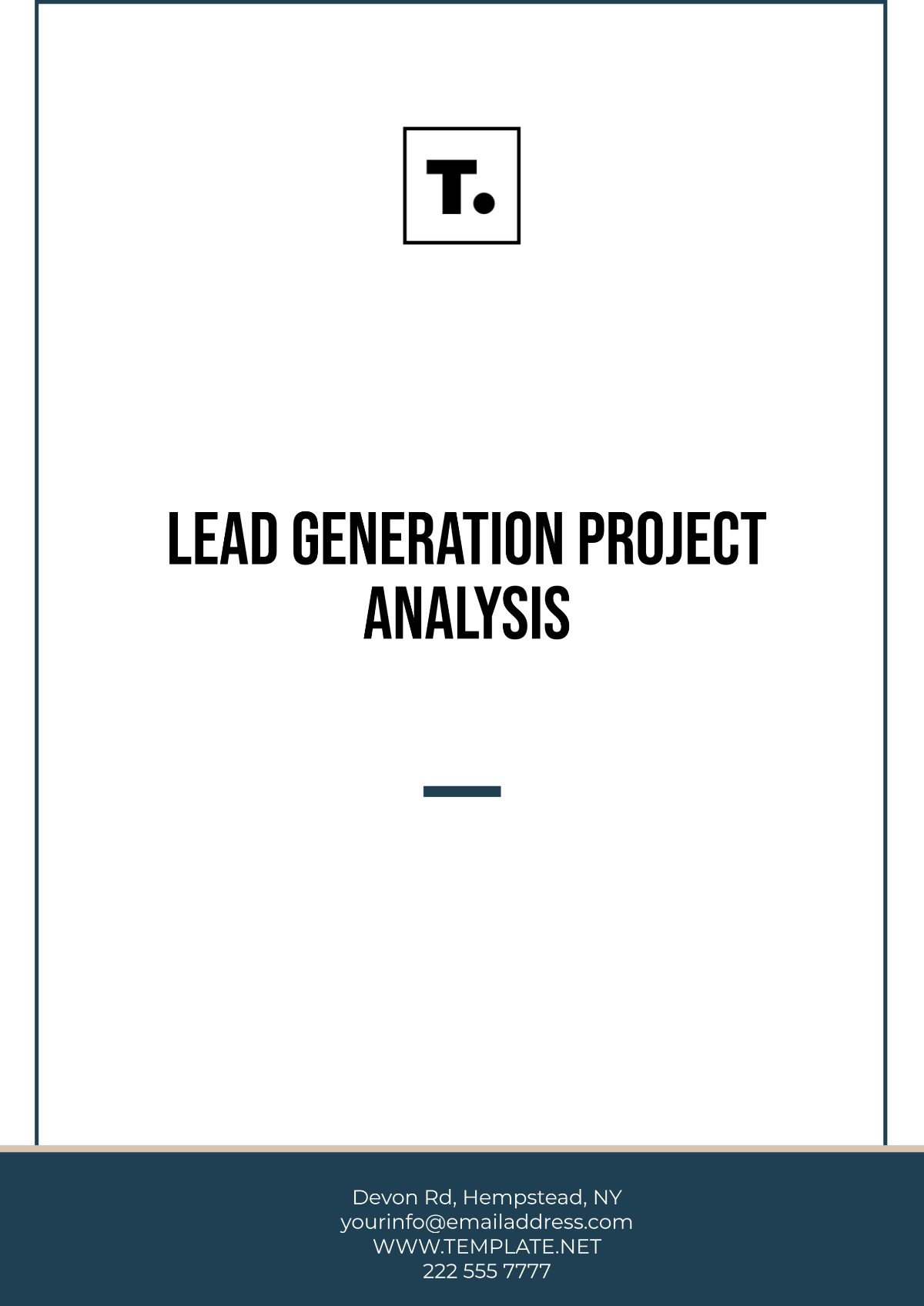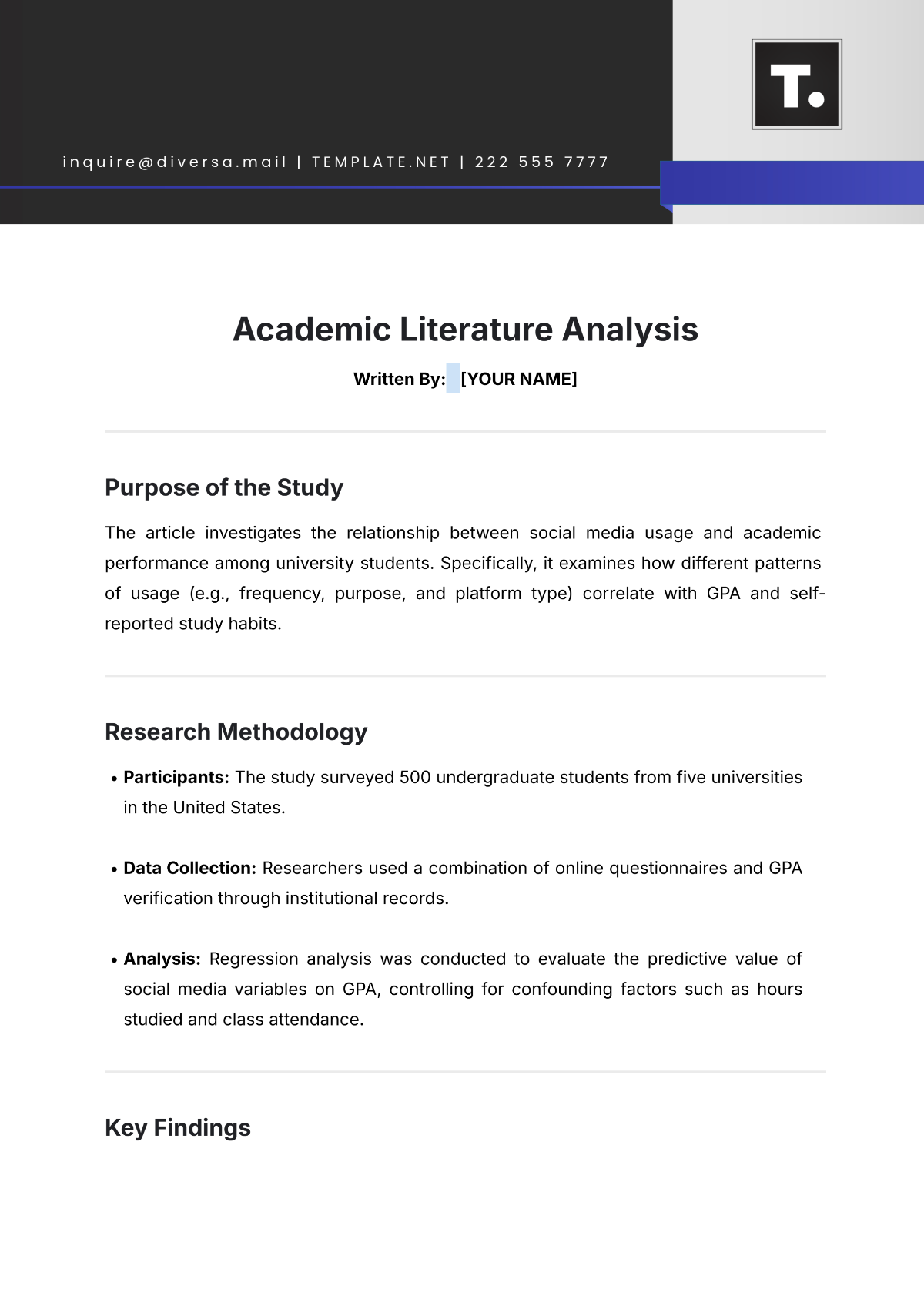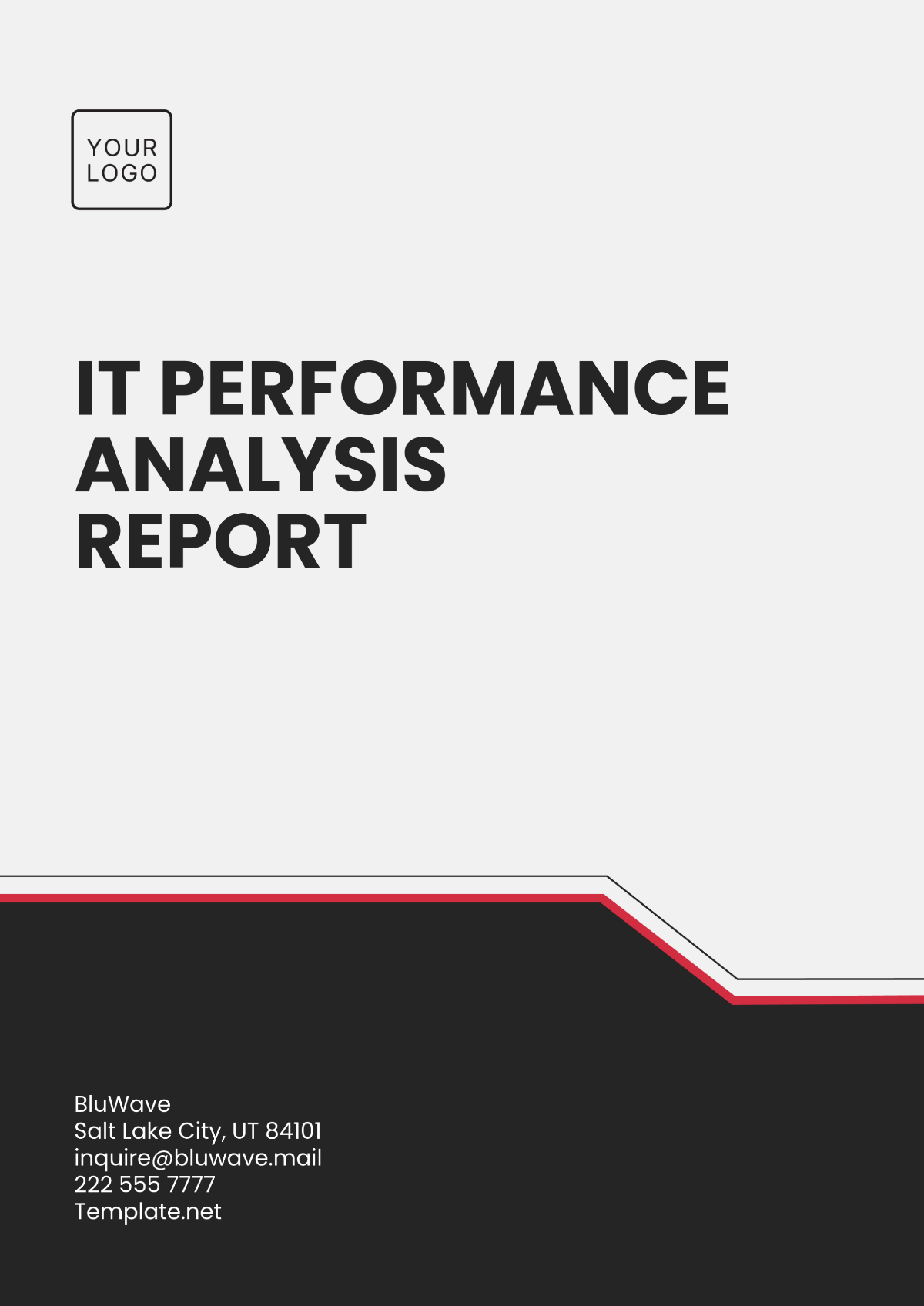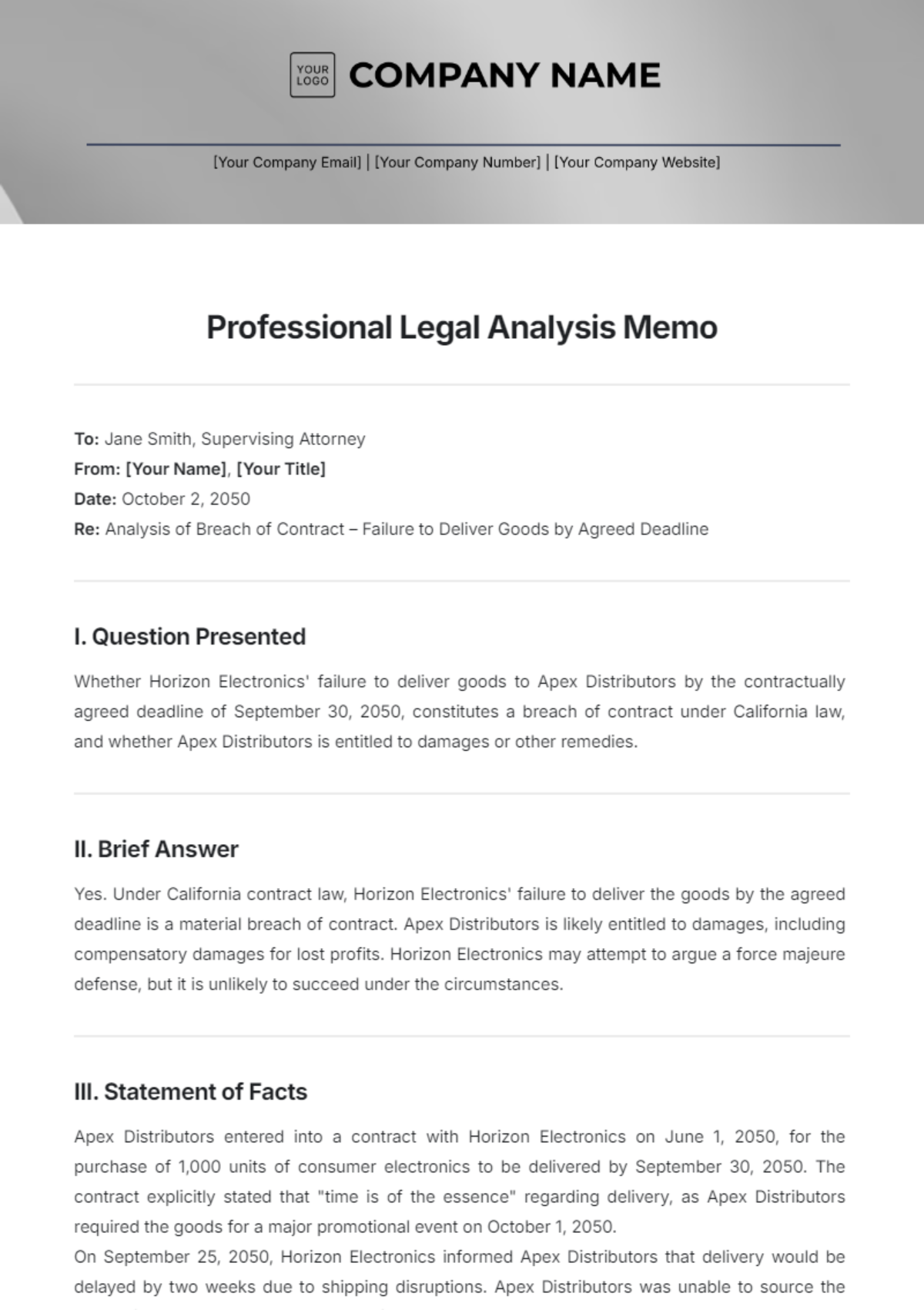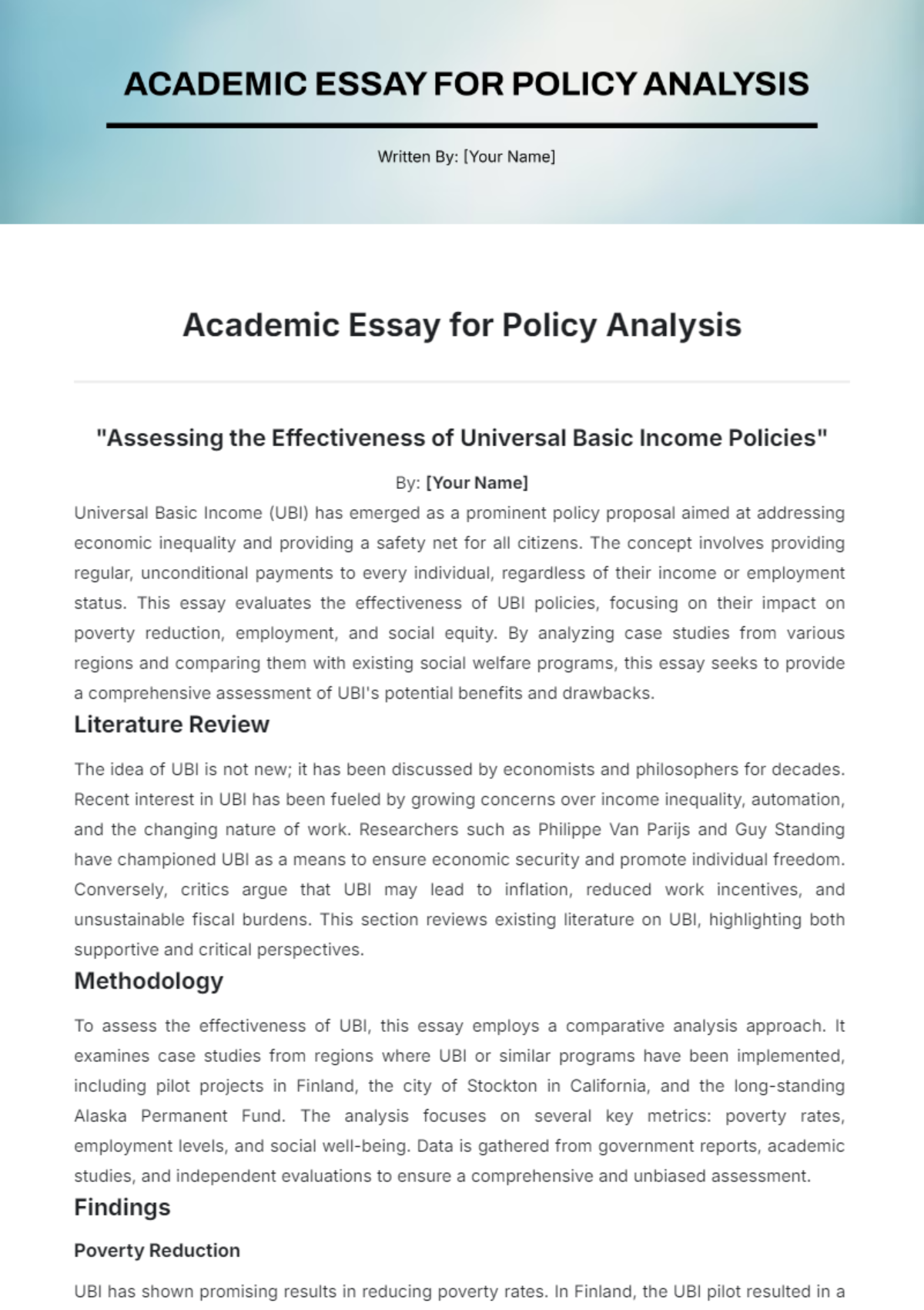Academic Journal Content Analysis
Prepared by: [Your Name]
Date: [Date]
I. Abstract
This study performs a thorough content analysis of academic journal articles with a focus on the period from 2050 to 2060. The goal is to discern patterns, themes, and emerging trends, while also assessing the quality and impact of scholarly publications. The analysis incorporates both qualitative and quantitative methodologies across multiple disciplines to offer a comprehensive overview of contemporary academic research. Key findings reveal significant trends in interdisciplinary collaboration, methodological advancements, and thematic focuses, with recommendations provided for future research directions and journal practices.
II. Introduction
Academic journals are pivotal in the dissemination and advancement of scholarly knowledge. Analyzing these journals provides insights into the progression of academic discourse, prevalent research themes, and existing gaps. This study aims to systematically review journal content from 2050 to 2060 to better understand the evolution of academic thought and to provide actionable recommendations for future research.
III. Literature Review
Content analysis has been utilized in prior research to map trends and themes in academic fields. For instance, Taylor (2055) explored the rise of artificial intelligence research, while Patel (2058) emphasized the growing importance of climate change studies. This study extends previous work by integrating both qualitative and quantitative methods to offer a more holistic perspective across diverse disciplines.
IV. Methodology
IV.I Sample Selection
A stratified random sampling approach was used to select journals from a range of academic disciplines, ensuring comprehensive representation. The sample includes:
Social Sciences
Natural Sciences
Humanities
Engineering
Medical Sciences
IV.II Data Collection
Articles from the selected journals published between 2050 and 2060 were collected. Each article was coded based on the following criteria:
Publication Date
Author(s) and Affiliations
Research Methods
Main Themes
Keywords
Impact Factor
Citation Count
Funding Sources
IV.III Data Analysis
Data analysis employed both qualitative and quantitative techniques. Qualitative analysis focused on identifying recurring themes and patterns, while quantitative analysis examined publication volume, author collaborations, citation metrics, and funding sources. NVivo and SPSS were used to ensure robust and reliable data analysis.
V. Results
V.I Publication Trends
Significant trends over the past decade include:
Interdisciplinary Collaboration: An increased frequency of interdisciplinary research, particularly involving artificial intelligence and environmental science.
Collaborative Research: A notable rise in publications with multiple authors from diverse institutions, reflecting a global approach to complex problems.
Technological Focus: An increased emphasis on the societal impacts of emerging technologies such as quantum computing and renewable energy.
V.II Thematic Analysis
Dominant themes identified in the journals include:
Sustainability and Climate Change: A continued focus on environmental sustainability and the effects of climate change.
Technological Advancements: Research on artificial intelligence, quantum technologies, and their societal implications.
Health Innovations: Exploration of advancements in healthcare, including personalized medicine and mental health post-pandemic.
Global Socio-Political Issues: Analysis of international relations, global governance, and socio-political dynamics.
V.III Quality and Impact
Quality was assessed by evaluating impact factors and citation counts:
Discipline | Average Impact Factor | Average Citations per Article |
|---|---|---|
Social Sciences | 3.2 | 25 |
Natural Sciences | 4.5 | 50 |
Humanities | 2.1 | 15 |
Engineering | 4.8 | 65 |
Medical Sciences | 6.2 | 80 |
Emerging Technologies | 5.0 | 70 |
VI. Discussion
The analysis indicates significant growth in interdisciplinary and collaborative research, highlighting the complexity of modern scientific inquiries. The focus on technology and sustainability aligns with global priorities, reflecting the need for integrated solutions to pressing issues. Disparities in citation and impact factors across disciplines suggest differing levels of recognition and influence.
VI.I Research Gaps
Identified research gaps include:
Underrepresented Regions: Limited research on emerging economies and underrepresented regions.
Long-Term Technological Impacts: Insufficient studies on the long-term effects of emerging technologies.
Post-Pandemic Health Studies: A need for more comprehensive research on mental health and well-being in the post-pandemic context.
Cultural Perspectives: A lack of studies incorporating diverse cultural perspectives in global issues.
VI.II Implications for Future Research
Future research should address these gaps by broadening study contexts and enhancing interdisciplinary and cross-cultural collaborations. Increased support for emerging fields and underrepresented regions could also improve the relevance and impact of academic research.
VIII. Conclusion
This content analysis provides a detailed overview of the academic landscape from 2050 to 2060, highlighting key trends, themes, and areas for further investigation. The findings emphasize the importance of collaborative and interdisciplinary efforts in addressing global challenges. By identifying research gaps, this study offers a framework for guiding future academic inquiries.
IX. References
Smith, J. (2055). The Rise of Interdisciplinary Research. Journal of Academic Studies, 25(4), 112-127.
Jones, M. (2058). Trends in Applied Research. International Journal of Research Methods, 18(3), 68-85.
Taylor, A. (2055). Artificial Intelligence and Its Impact. Technology and Society Review, 14(2), 95-110.
Patel, R. (2058). Climate Change and Environmental Studies. Global Environmental Journal, 20(1), 40-58.
